Throughout history, chess has been not just a game of intellect and strategy, but also a profound pursuit that has consumed many who have delved too deep into its complex realms. The nature of chess demands intense concentration, strategic thinking, and sometimes it even consumes the very lives of those who play it professionally. For some of the game's greatest, the line between dedication and obsession has proven perilously thin, leading to stories of madness and psychological descent. This article explores the tragic tales of several renowned chess players who faced mental health challenges, providing a window into the pressures of competitive chess and its potential impact on psychological well-being.
The Case of Paul Morphy
One of the earliest and most poignant examples is Paul Morphy, an American chess prodigy of the 19th century. Recognized for his brilliant tactics and dominant play, Morphy's chess career was as brief as it was brilliant. After retiring from chess at the young age of 22, Morphy exhibited signs of mental instability. He wandered the streets, aimlessly wearing his chess uniform, and was frequently seen talking to himself. His behavior gradually became more erratic, and he was reportedly found in a state of delusion at several instances. The cause of Morphy's mental decline is still debated among historians, with theories ranging from schizophrenia to the immense pressure of his early fame in chess.
Alexander Alekhine's Obsessive Behavior
Another tragic figure is Alexander Alekhine, a Russian chess grandmaster and the only world chess champion to die while holding the title. Known for his fierce competitive spirit and innovative strategies, Alekhine's later years were marked by increasing isolation and obsessive behavior, particularly regarding his preparation and fear of spies stealing his chess ideas. His paranoia seemed to take over his life, leading to heavy drinking and erratic behavior. Alekhine's death was as controversial as his life, found dead in his hotel room under unclear circumstances.
Bobby Fischer's Path to Reclusion
Perhaps the most famous case of psychological struggle in chess is that of Bobby Fischer, the American chess grandmaster and the eleventh World Chess Champion. A prodigious talent, Fischer's rise in the world of chess was meteoric and his victory in the 1972 World Chess Championship is legendary. However, Fischer's life post-championship was marked by severe withdrawal from public life, growing paranoia, and unusual demands. He made numerous antisocial and anti-Semitic statements, despite his own Jewish heritage. Fischer’s later years were spent in isolation, far removed from the world of chess, as he battled what seemed to be significant mental health challenges.
Modern-Day Incidents and Psychological Support
In contemporary times, while the tales may not be as extreme, the pressures on professional chess players are immense. The high stakes, constant travel, public scrutiny, and the need for continual success can take their toll. Modern chess players, such as Magnus Carlsen and others at the highest level, often speak about the importance of psychological resilience and the necessity of maintaining a balance to avoid burnout.
Recognizing the intense demands of professional chess, there has been a growing focus on mental health support within the chess community. Initiatives to provide psychological assistance, stress management training, and downtime activities during tournaments are increasingly common. These measures aim to ensure that players can manage the stresses that come with their pursuit of chess mastery without falling into the traps of obsession and mental strain that marked the lives of many of the game’s legends.
Chess, with its rich history and intellectual rigor, continues to fascinate and challenge those who play it. While the tragic stories of some of the game’s greats serve as cautionary tales, they also underscore the necessity of holistic well-being in the pursuit of any high-stakes competitive endeavor. Through improved support systems, today’s chess players are better equipped to handle the psychological demands of the game, helping to prevent the kind of tragic outcomes that befell some of its most talented players in the past.
Explore our large collection of luxurious chess sets!



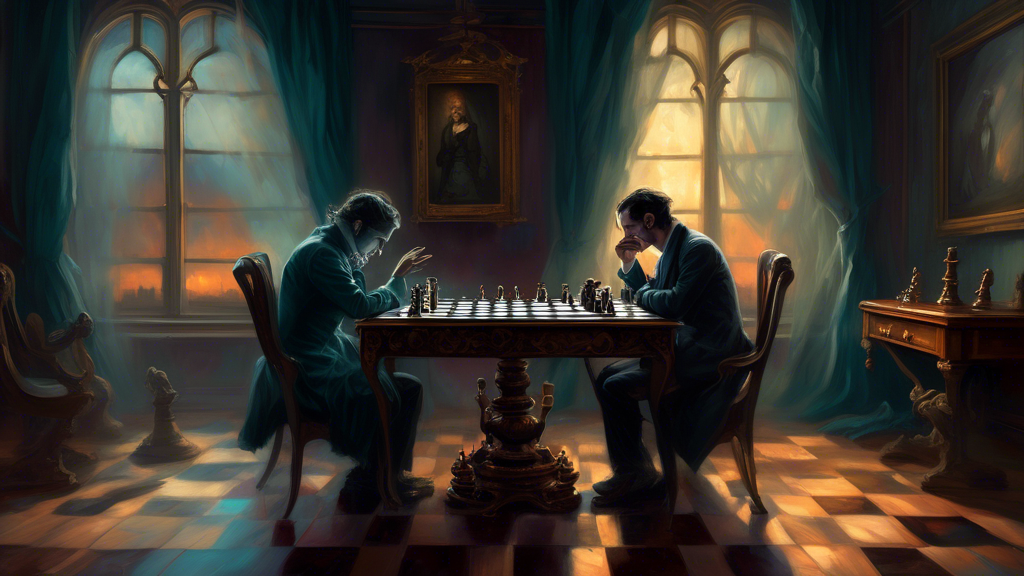
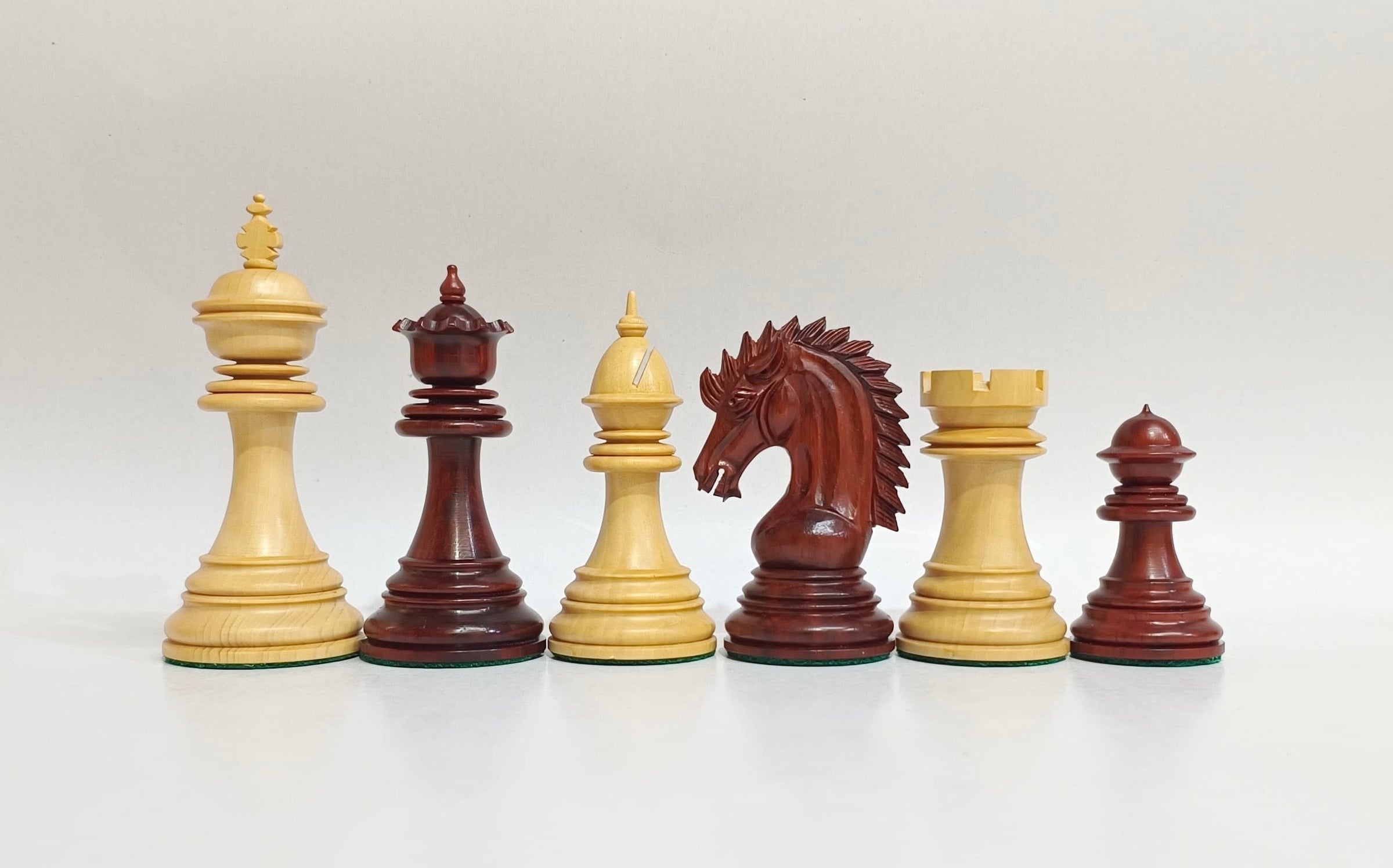
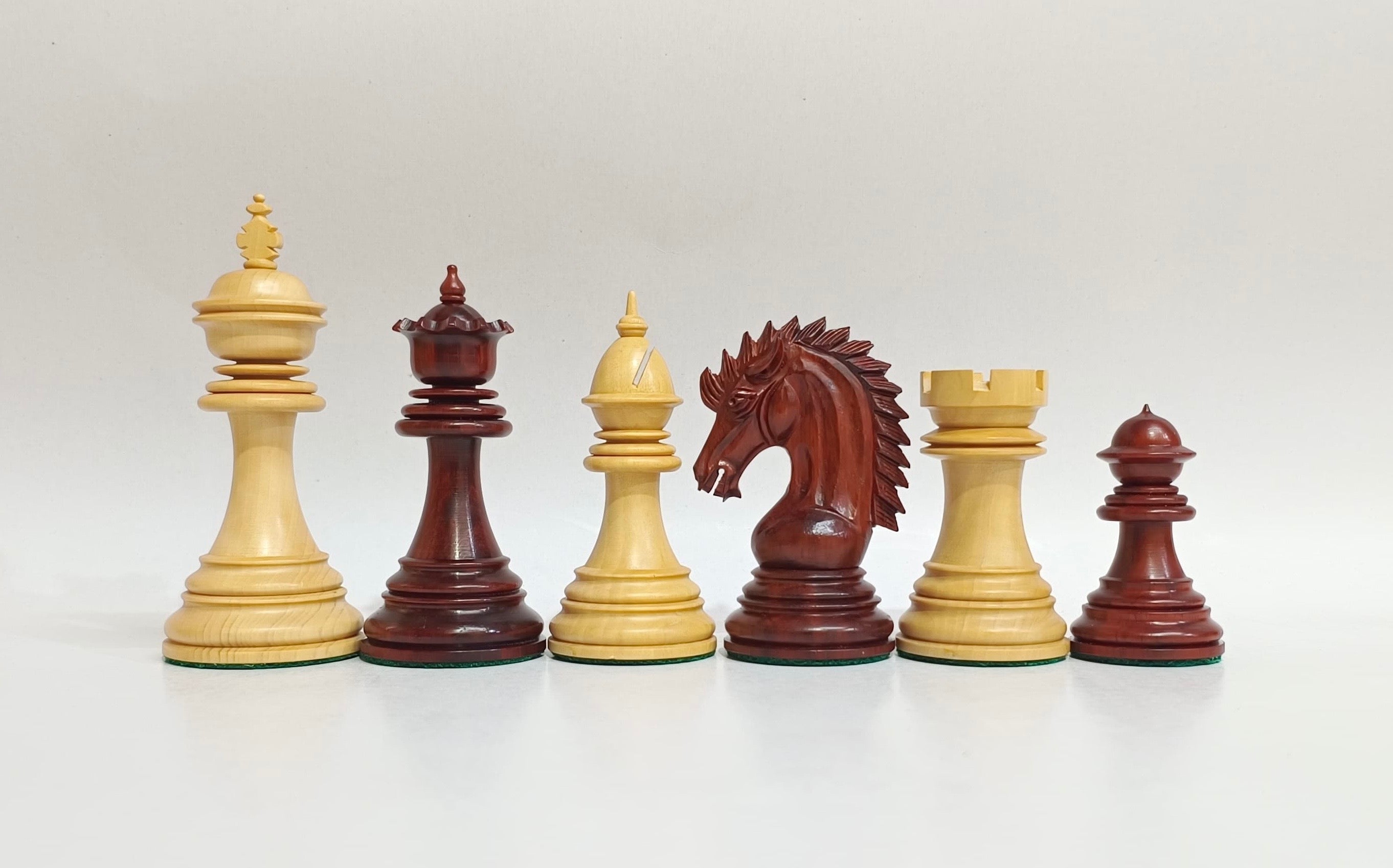
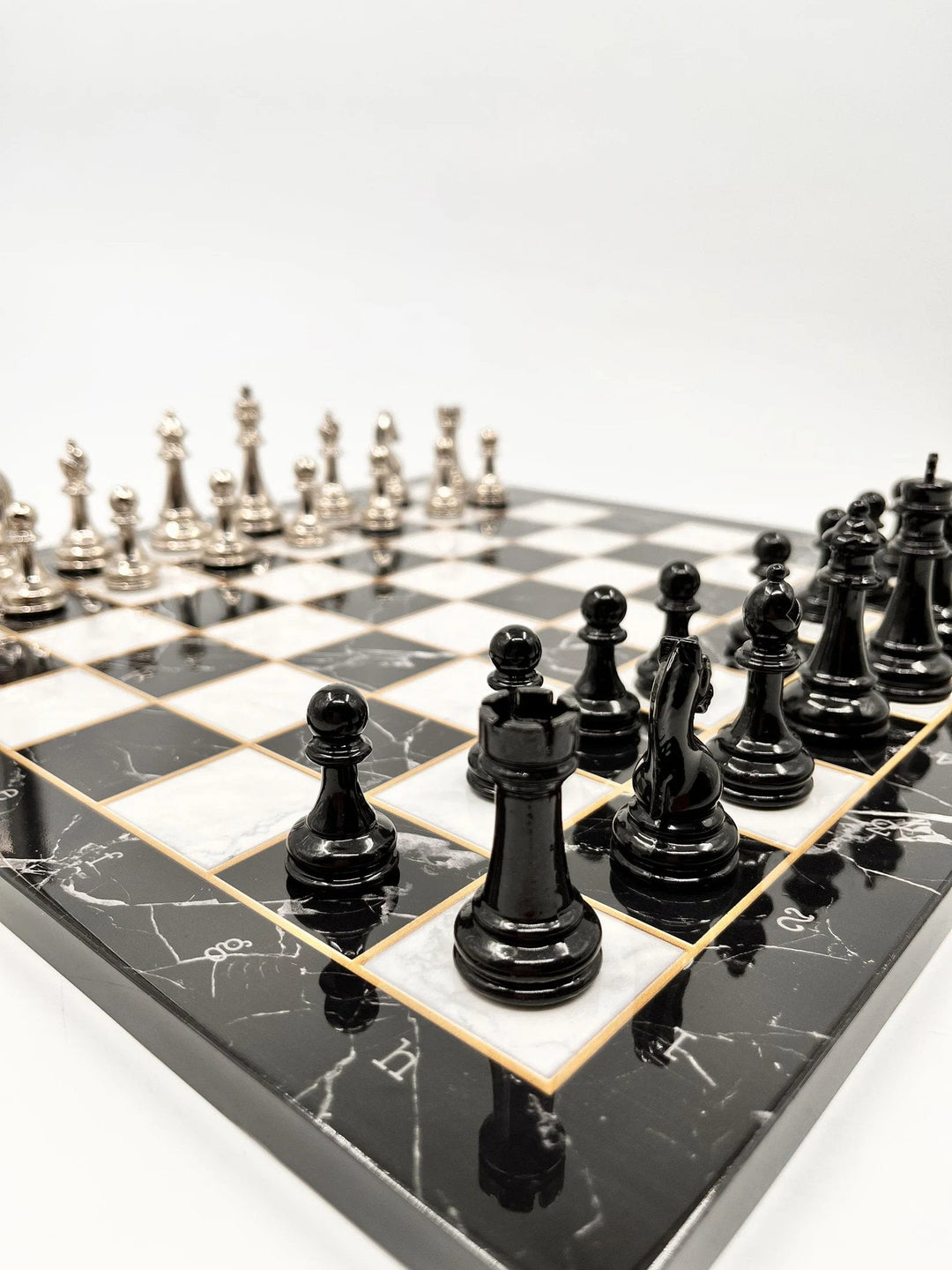

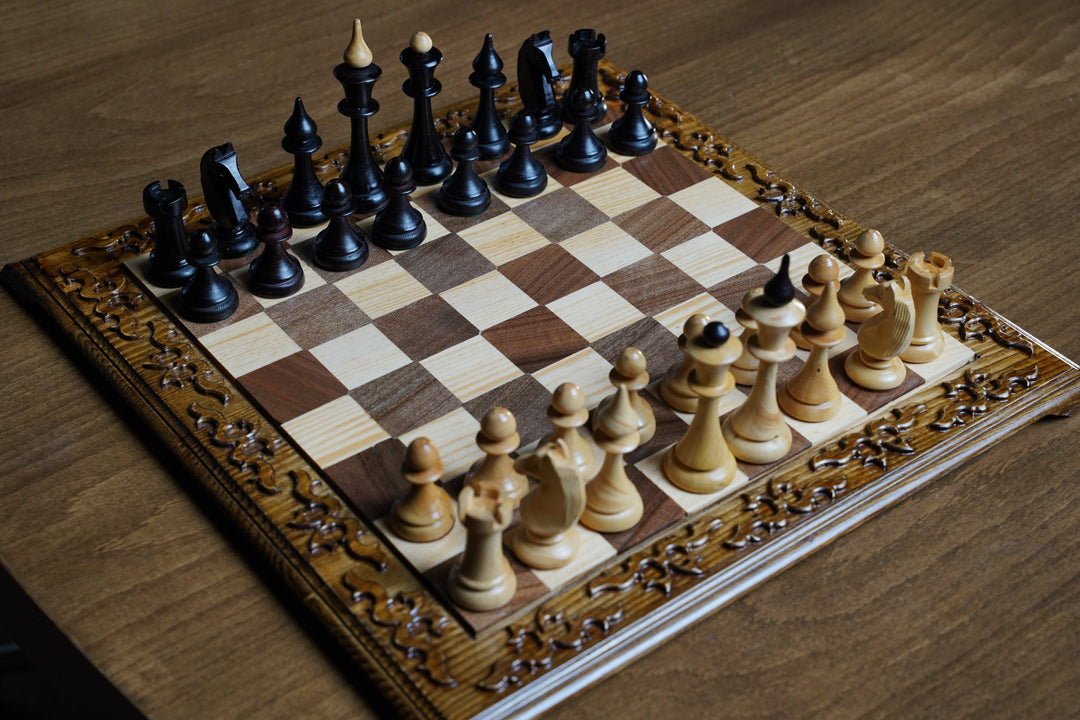
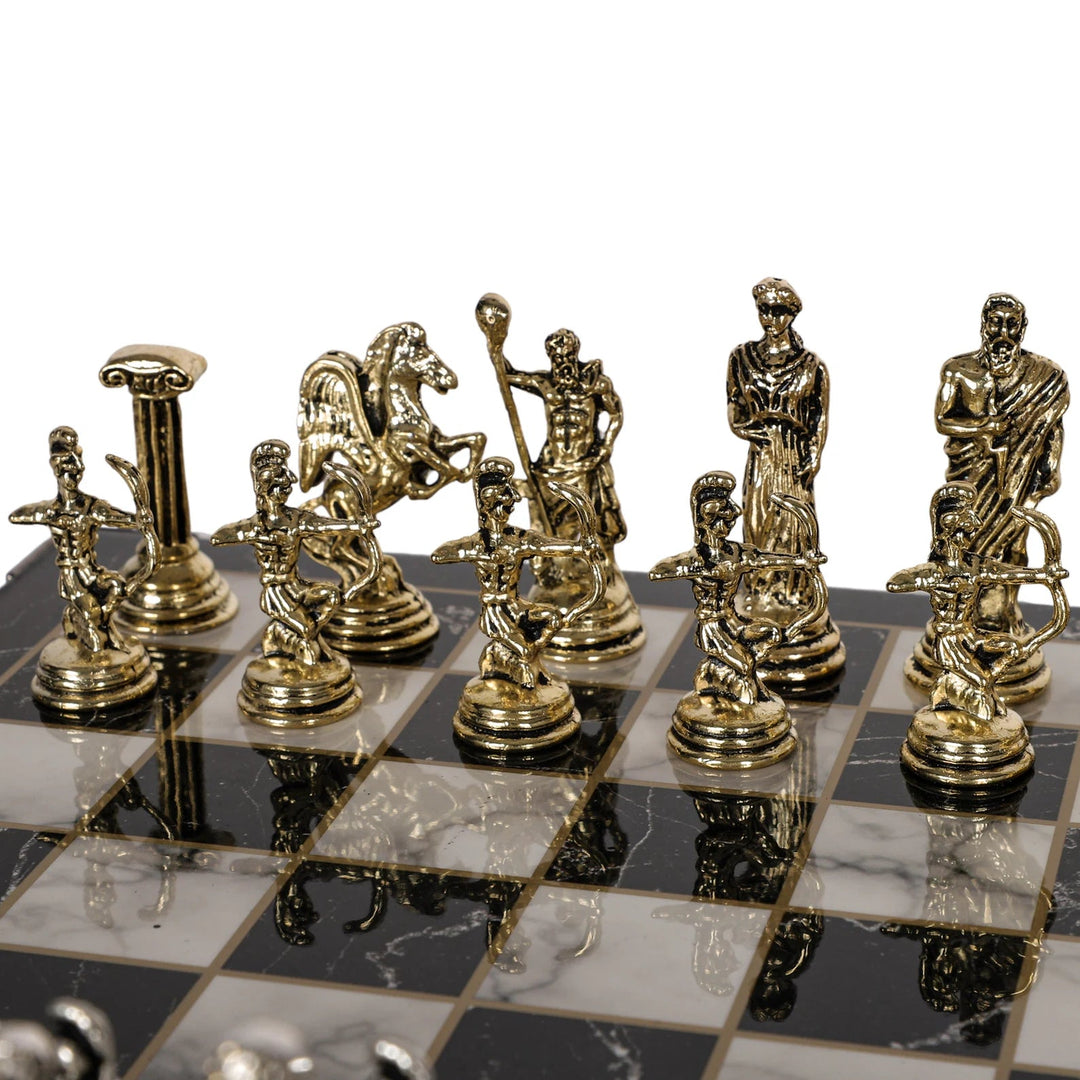
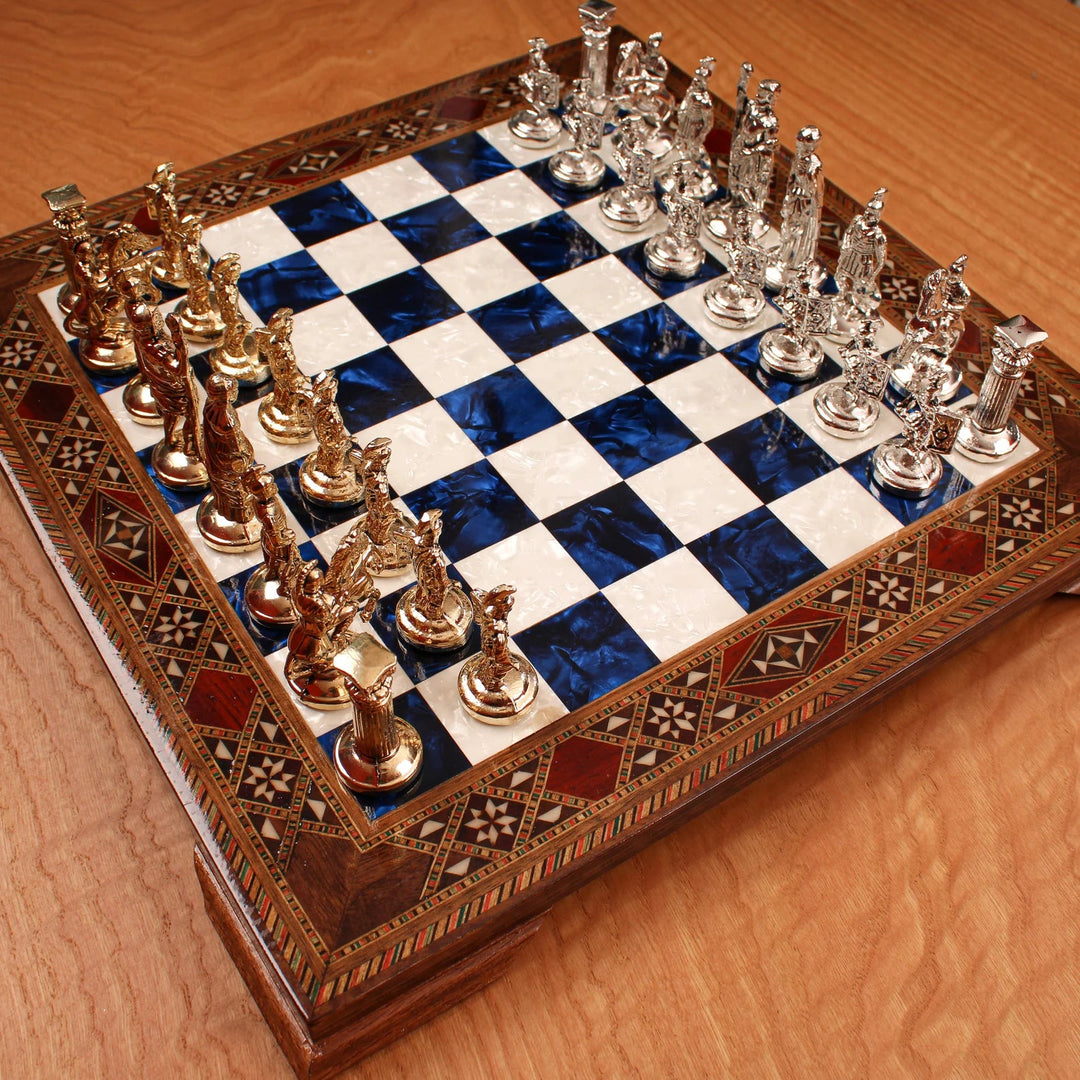
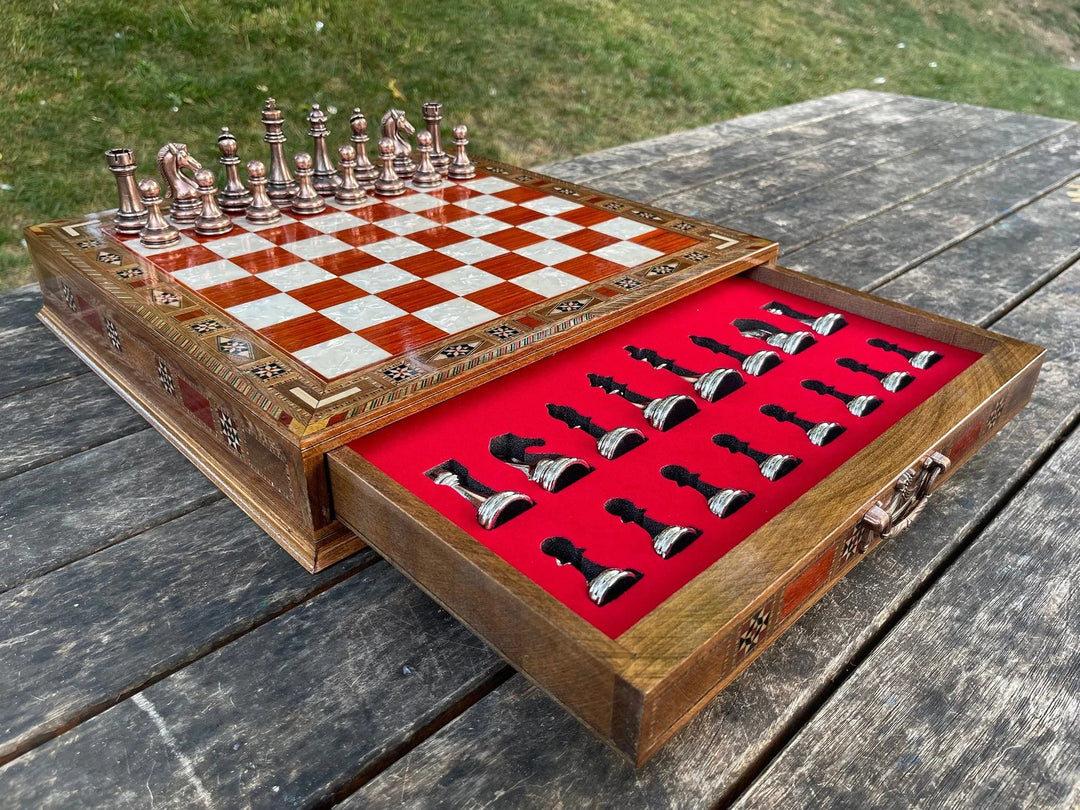
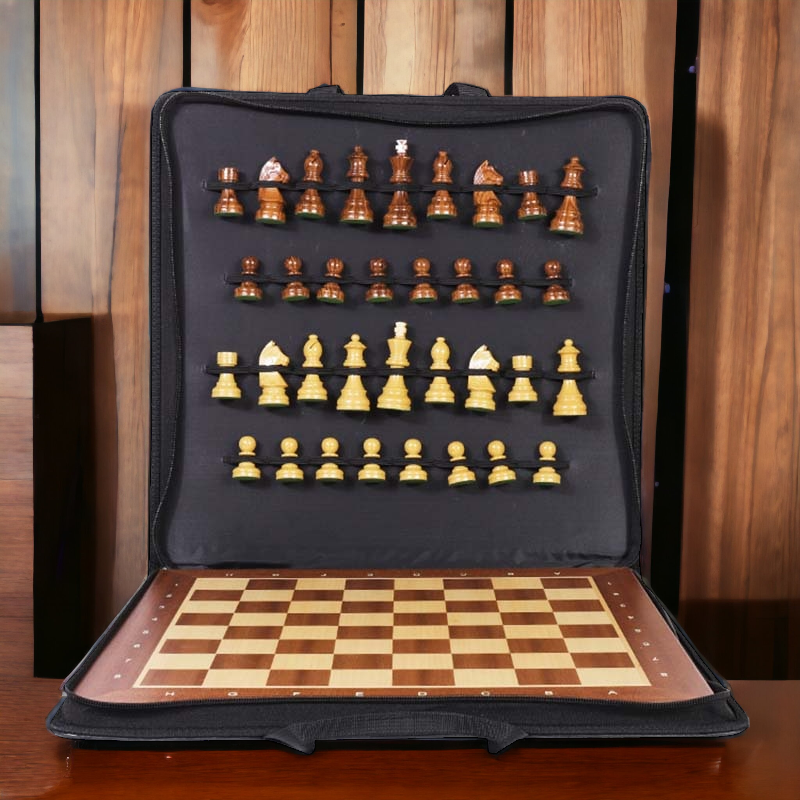
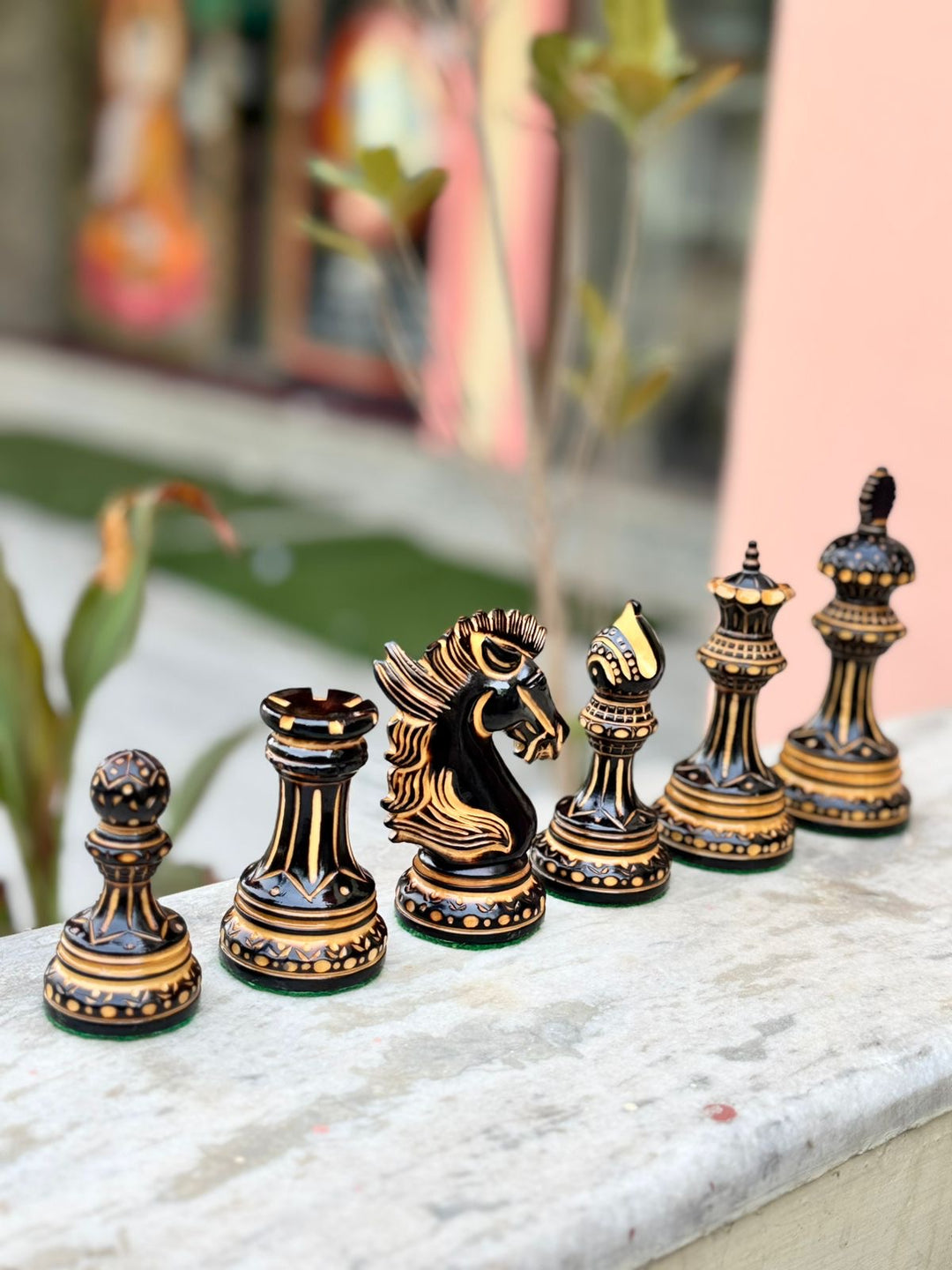

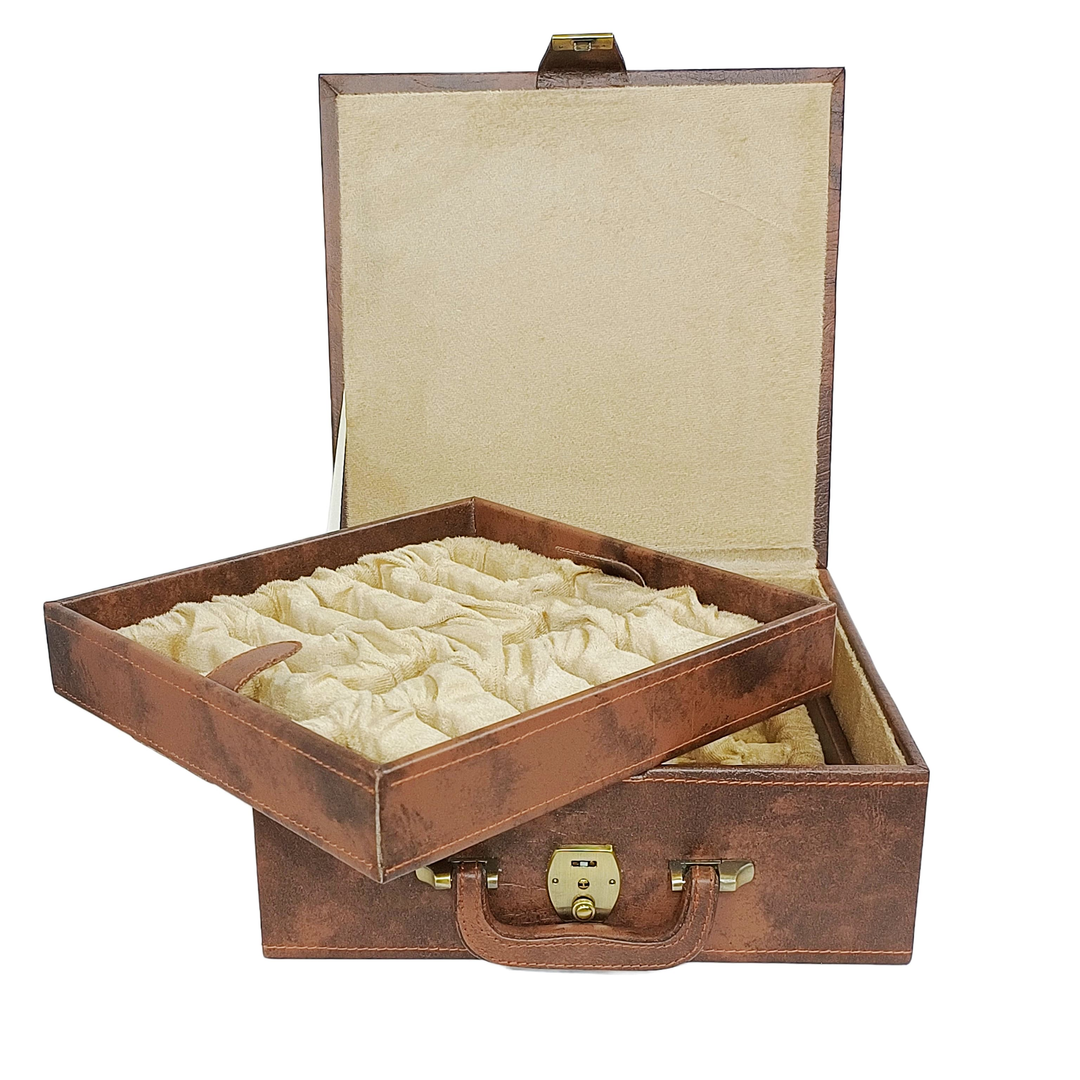
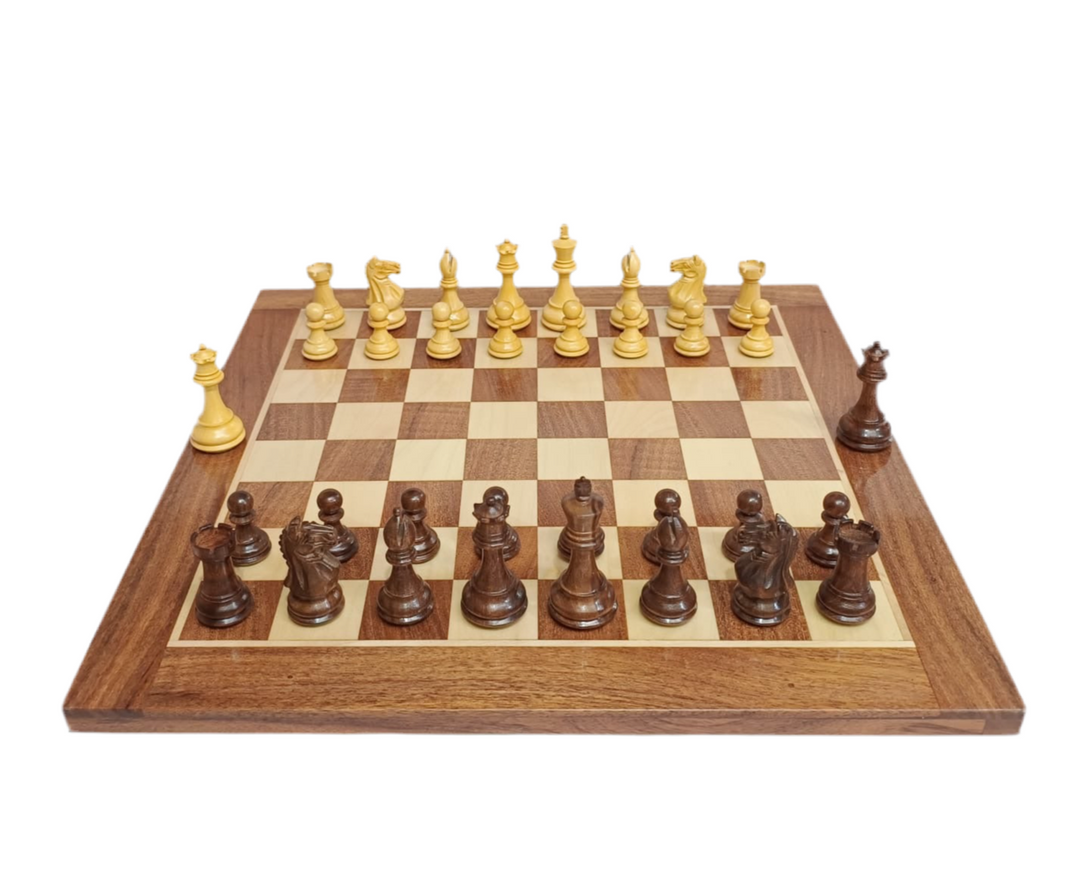
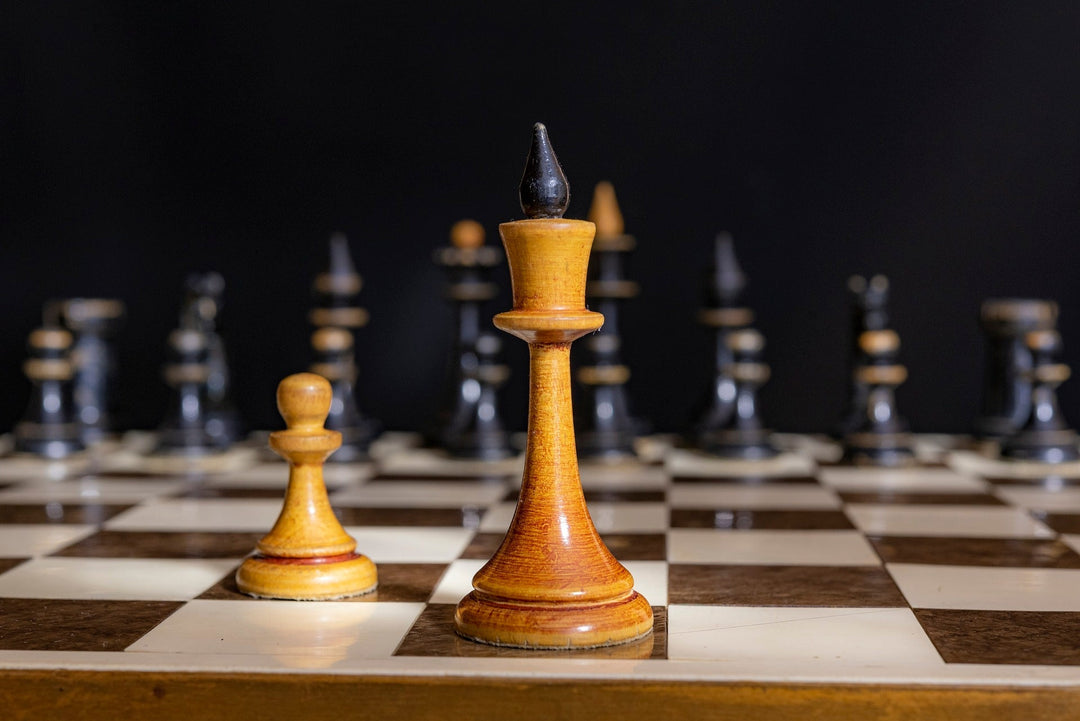
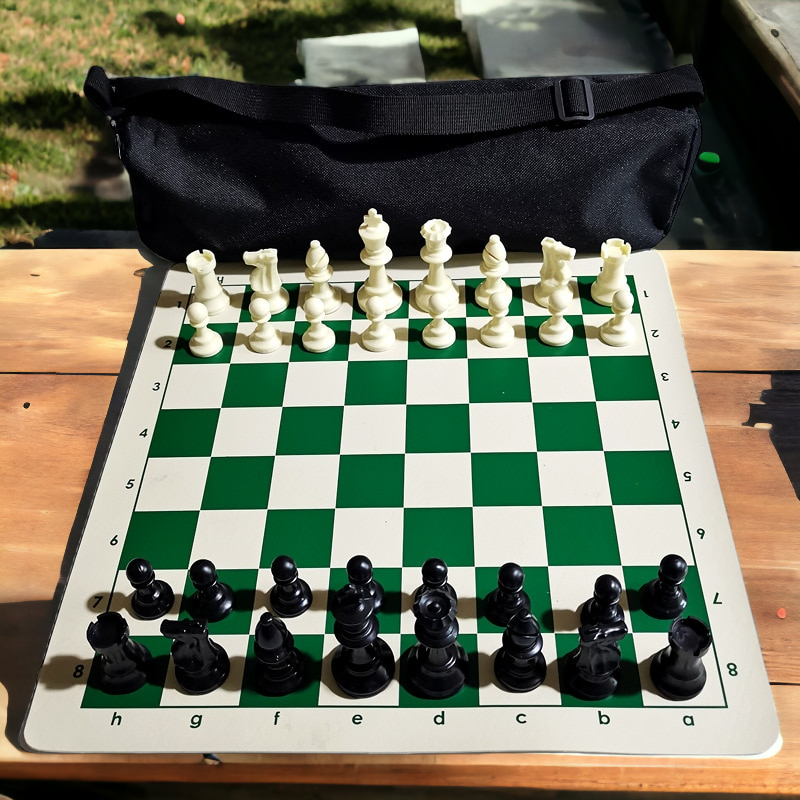
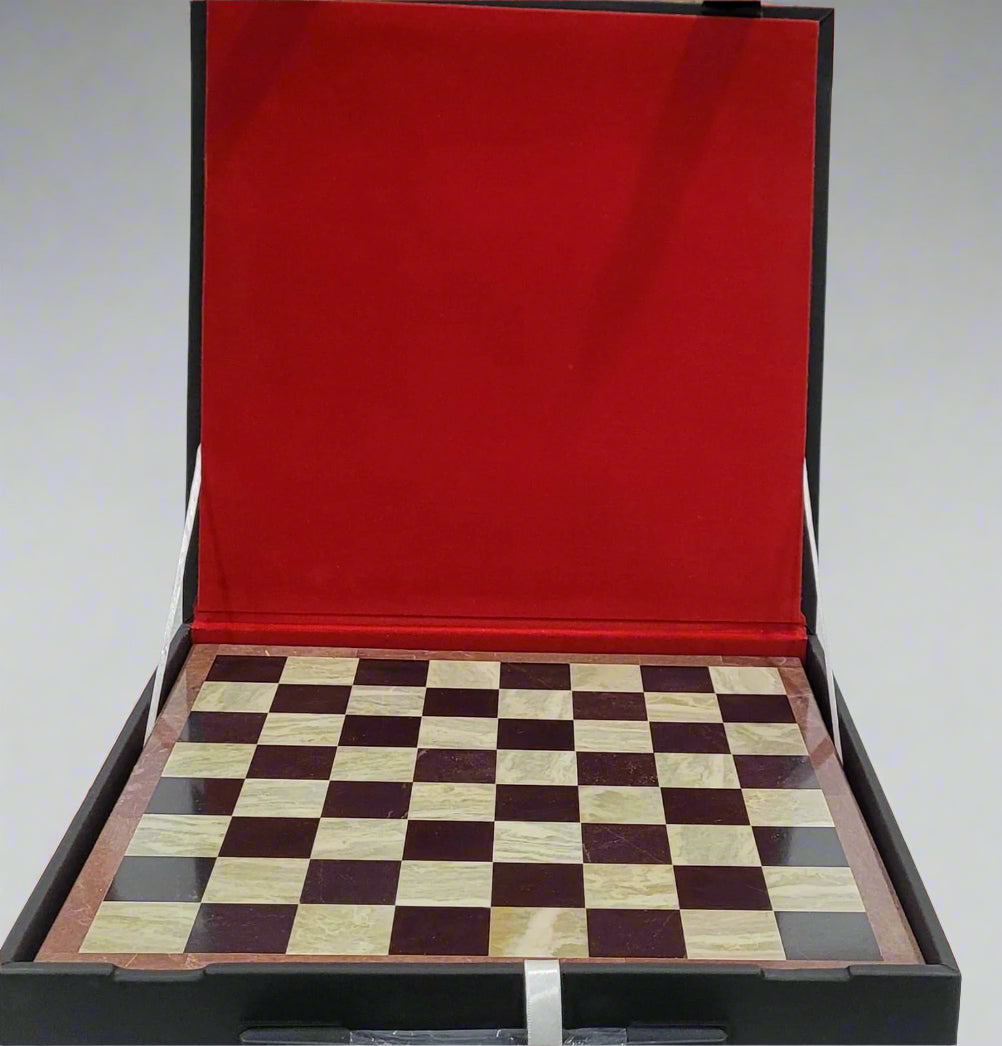
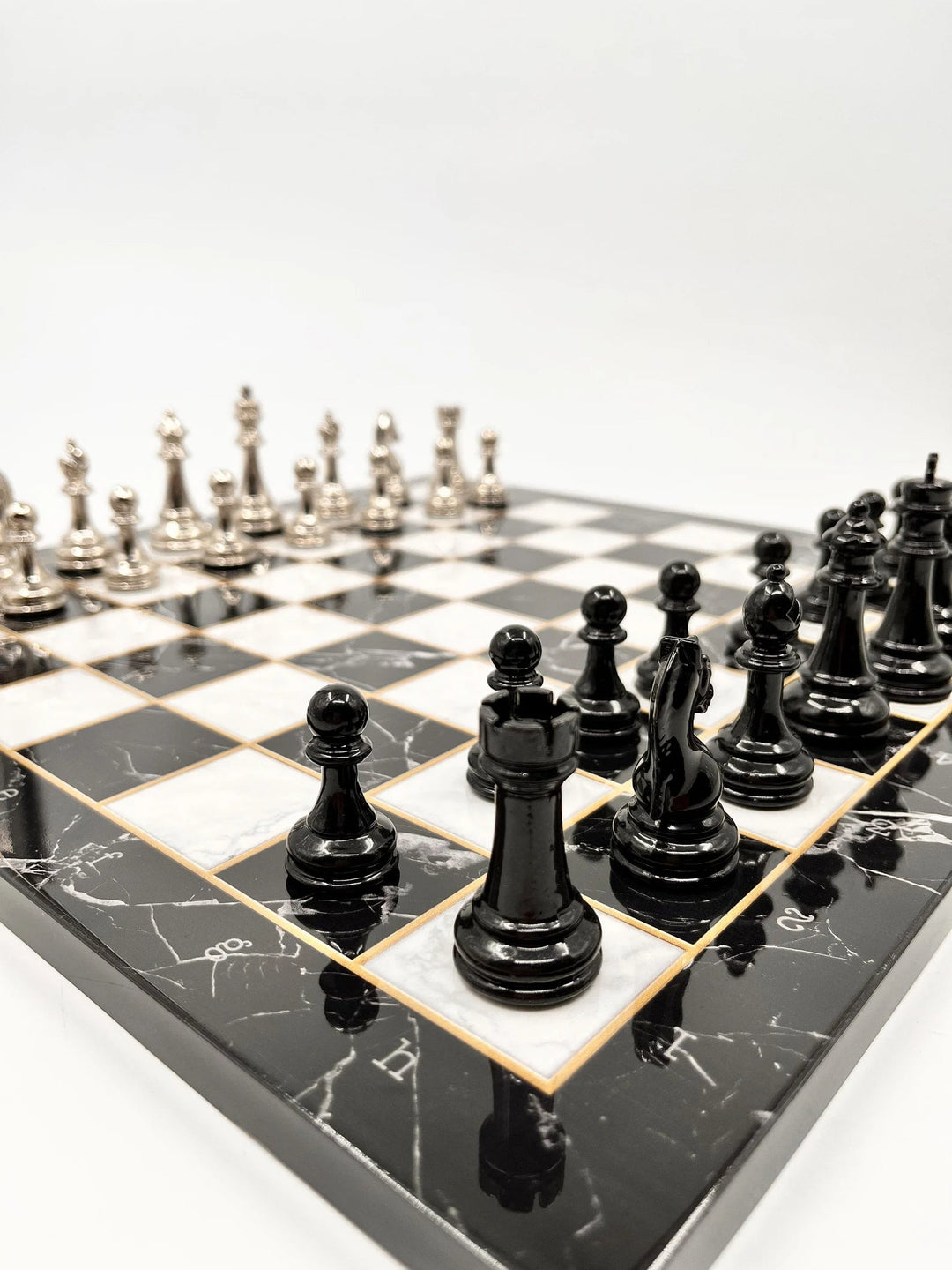
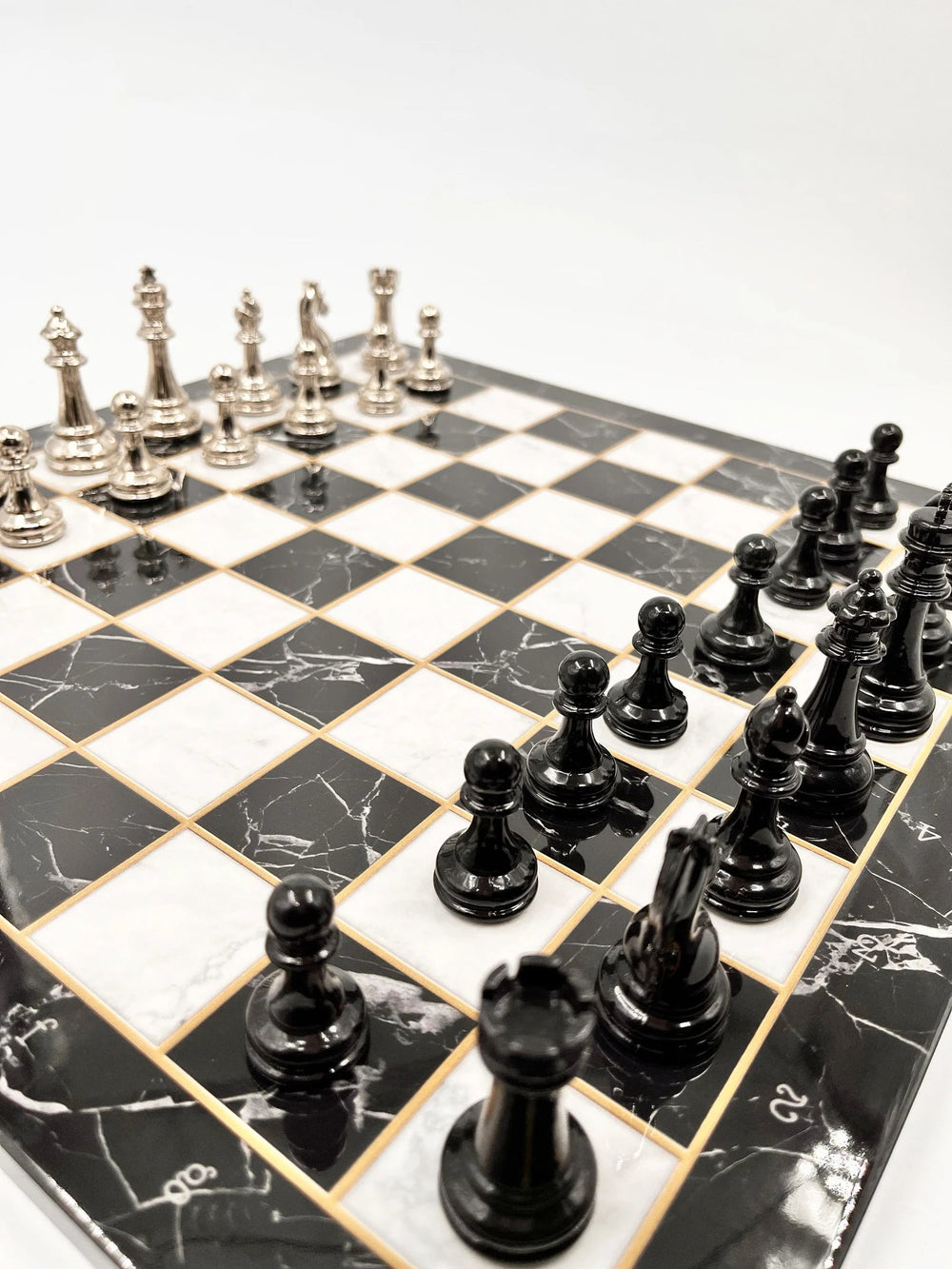
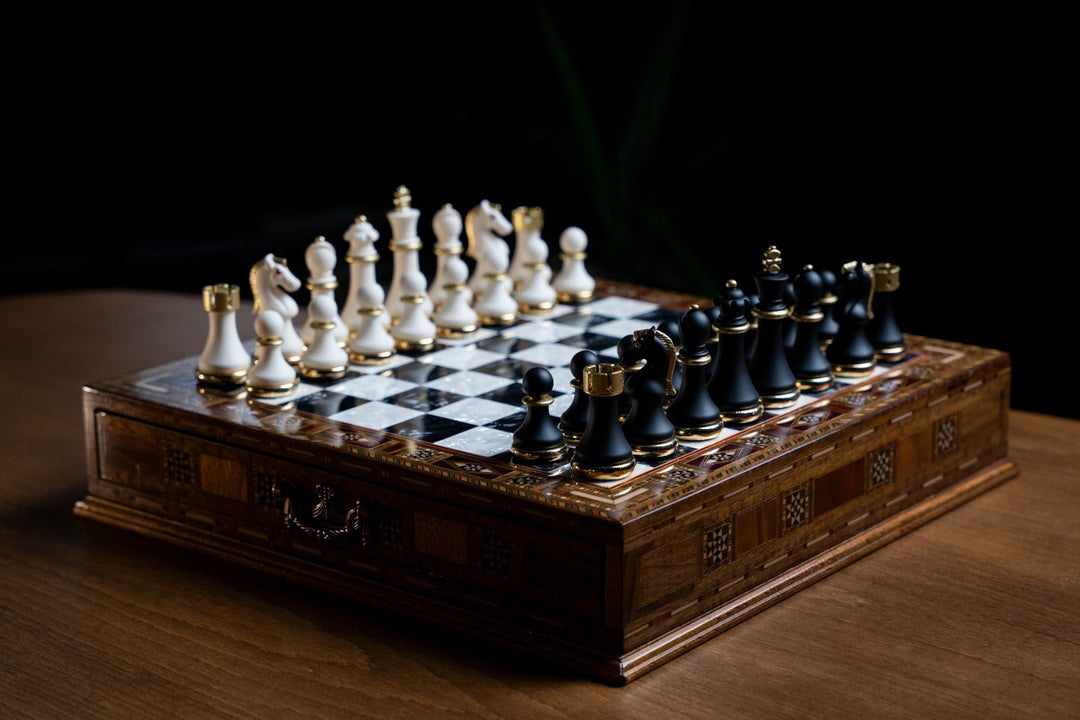
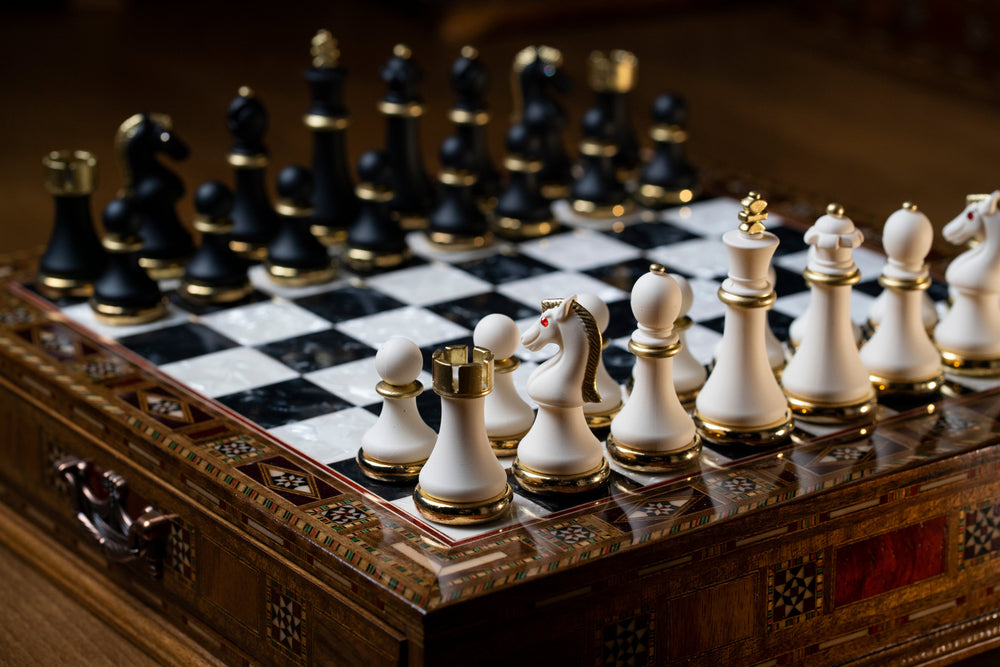
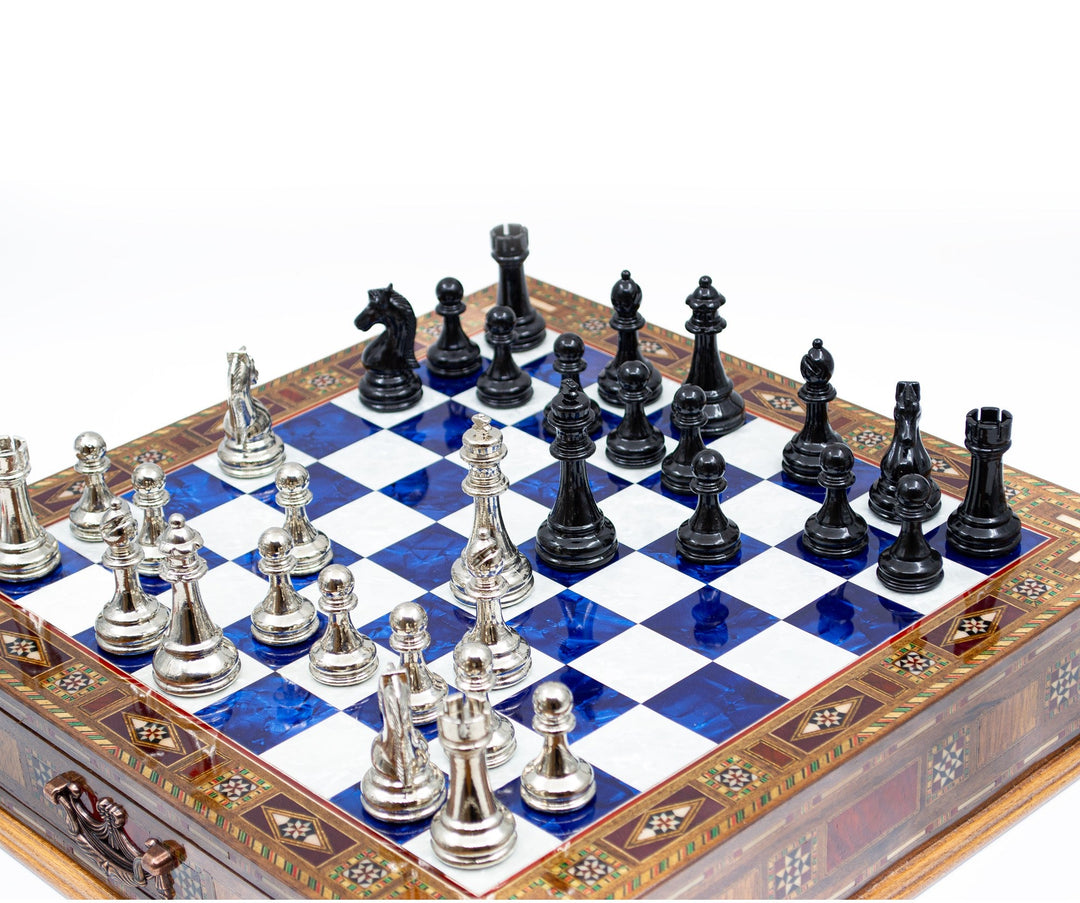
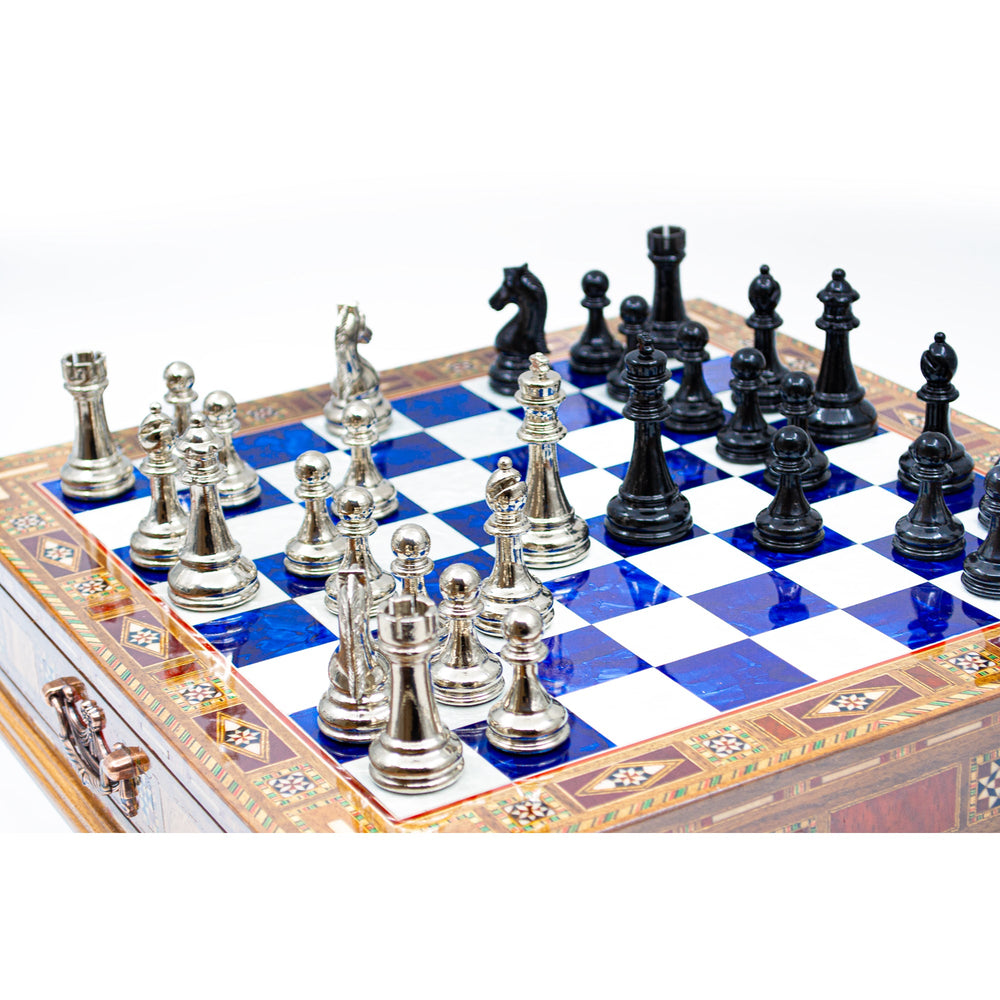
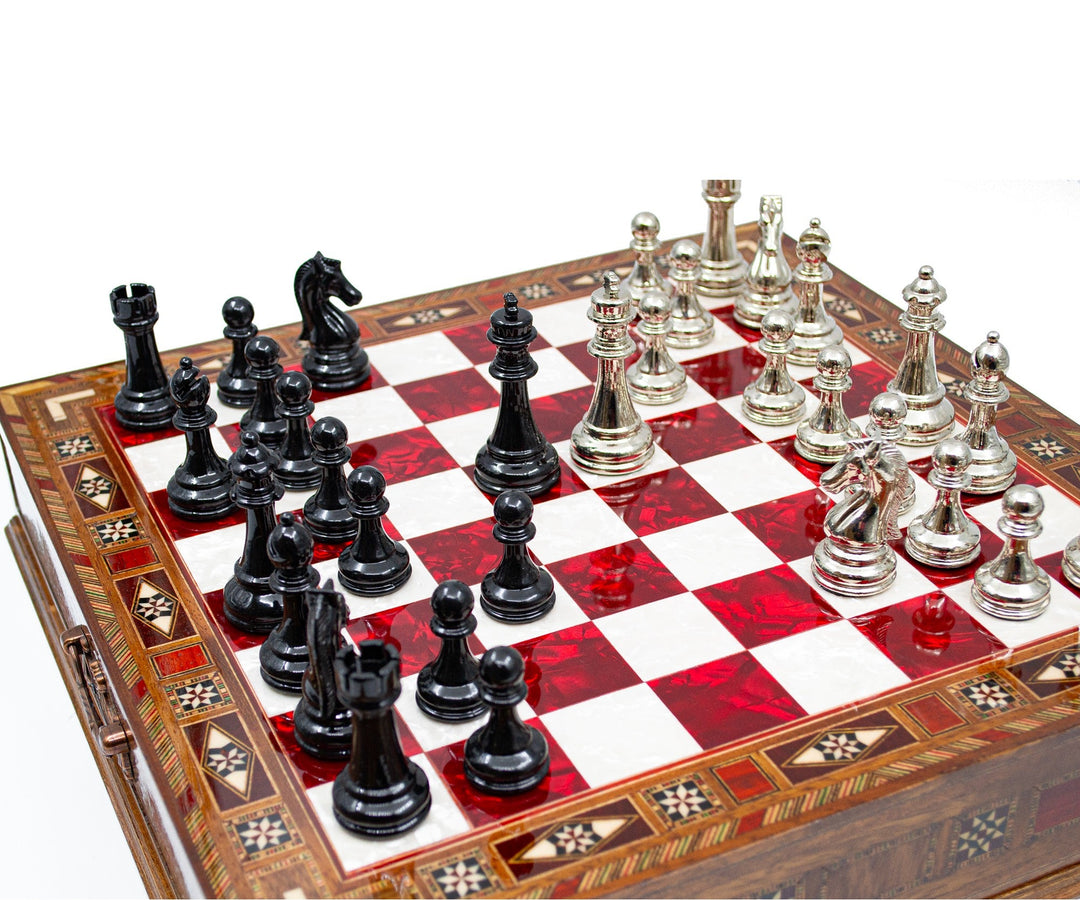
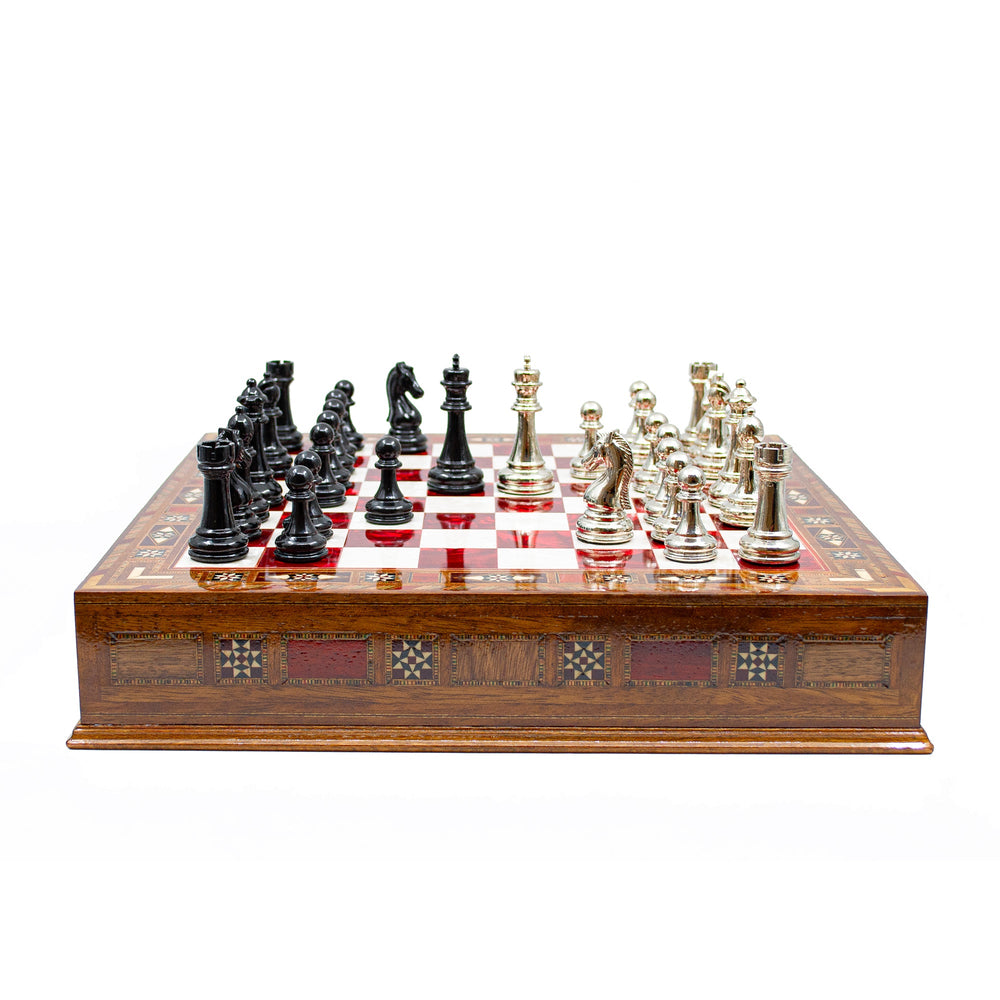
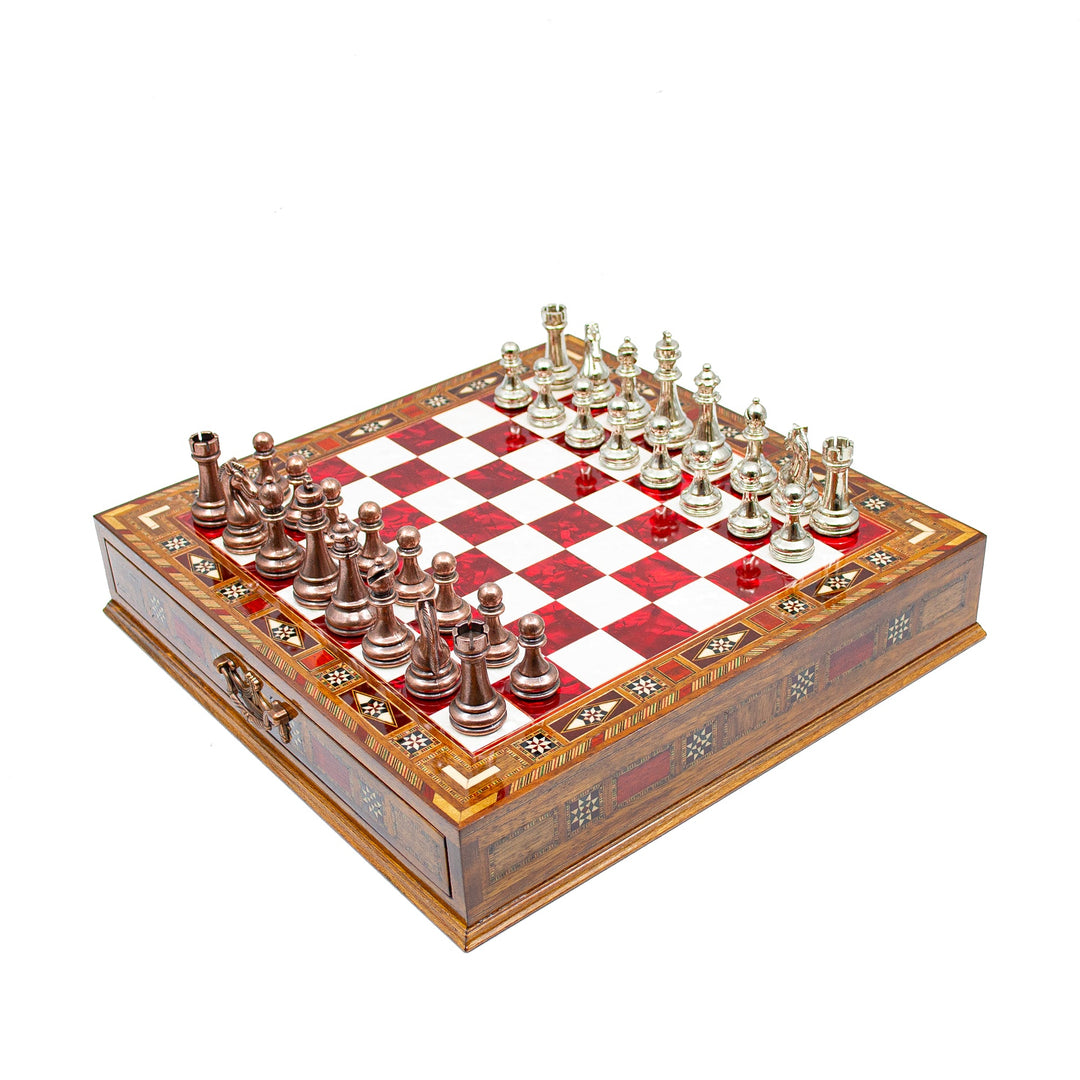
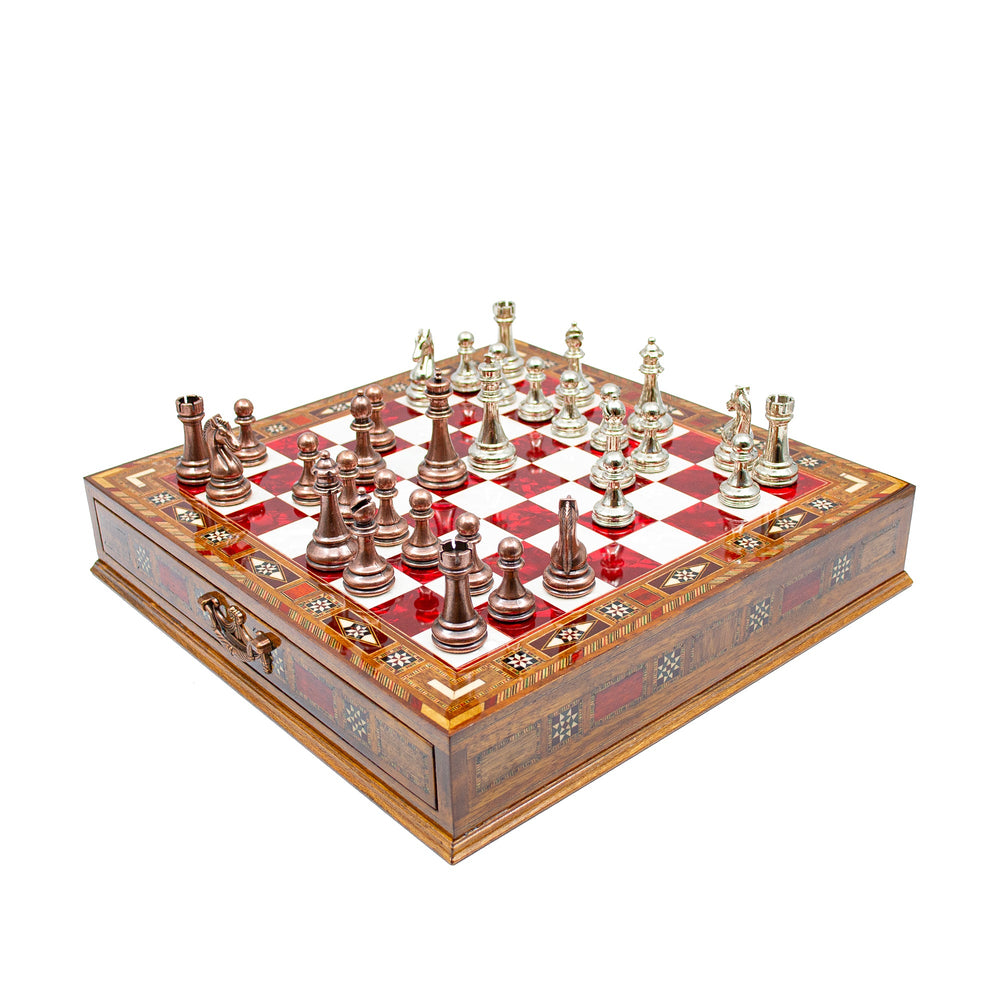
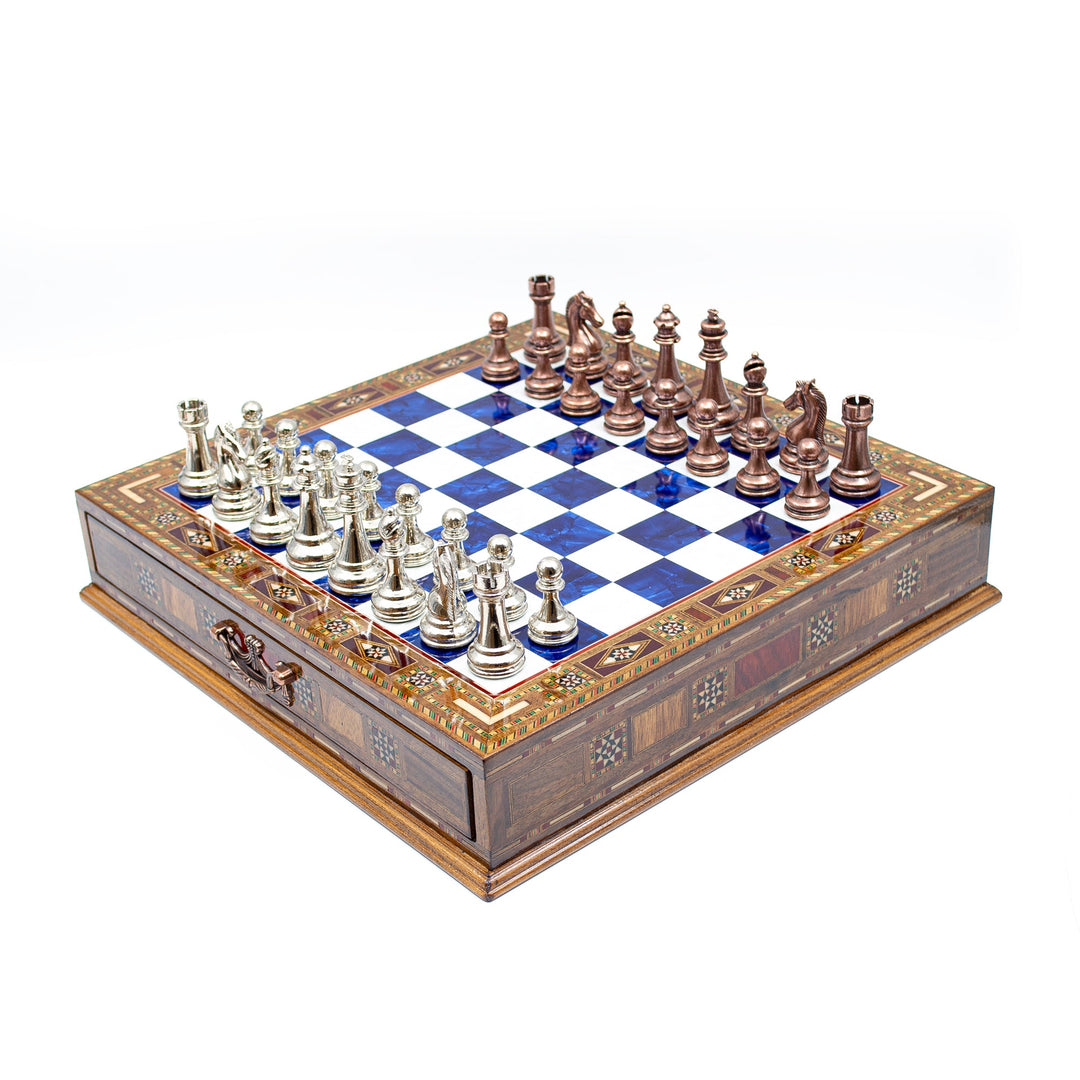
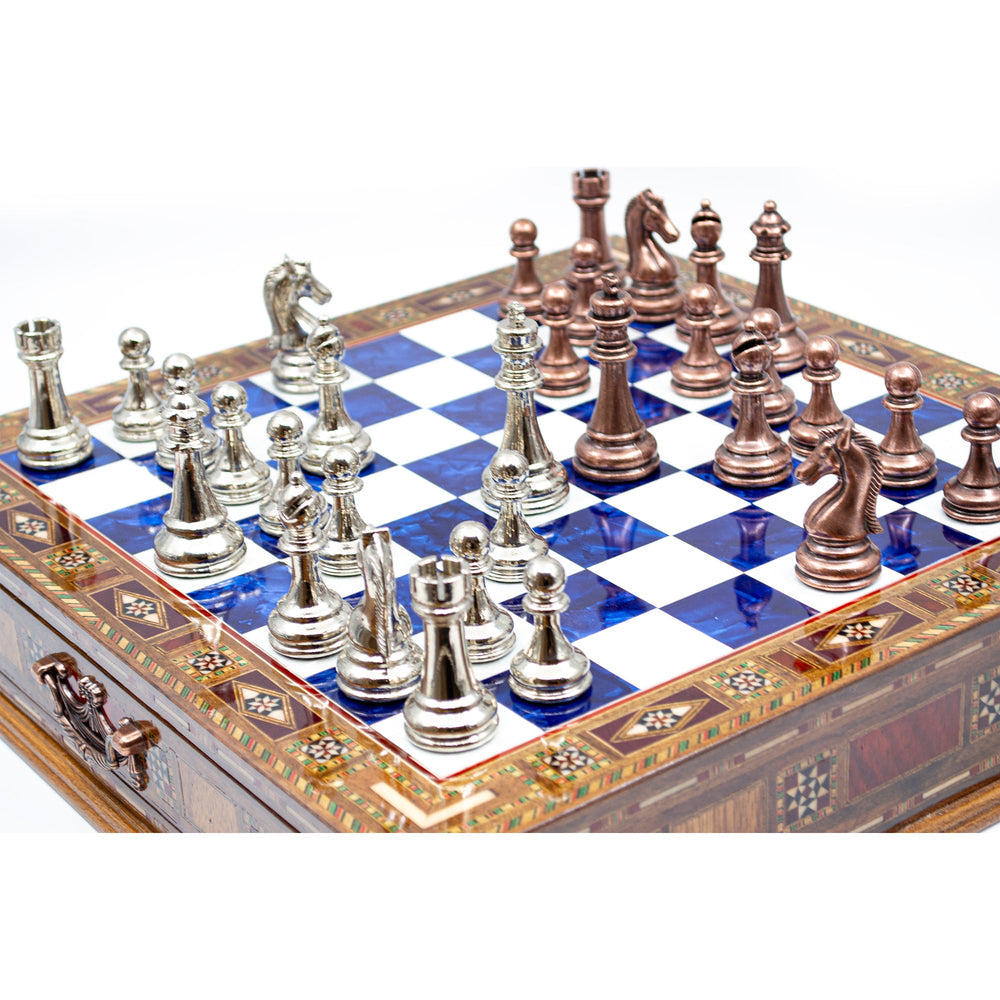
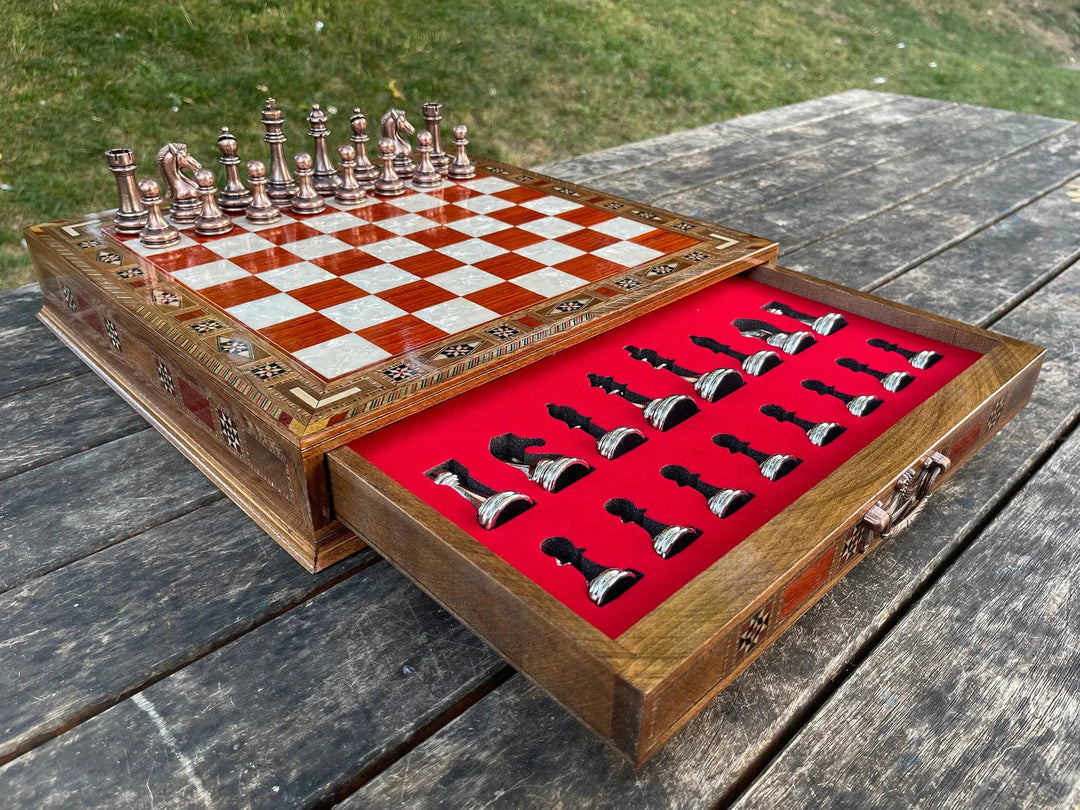
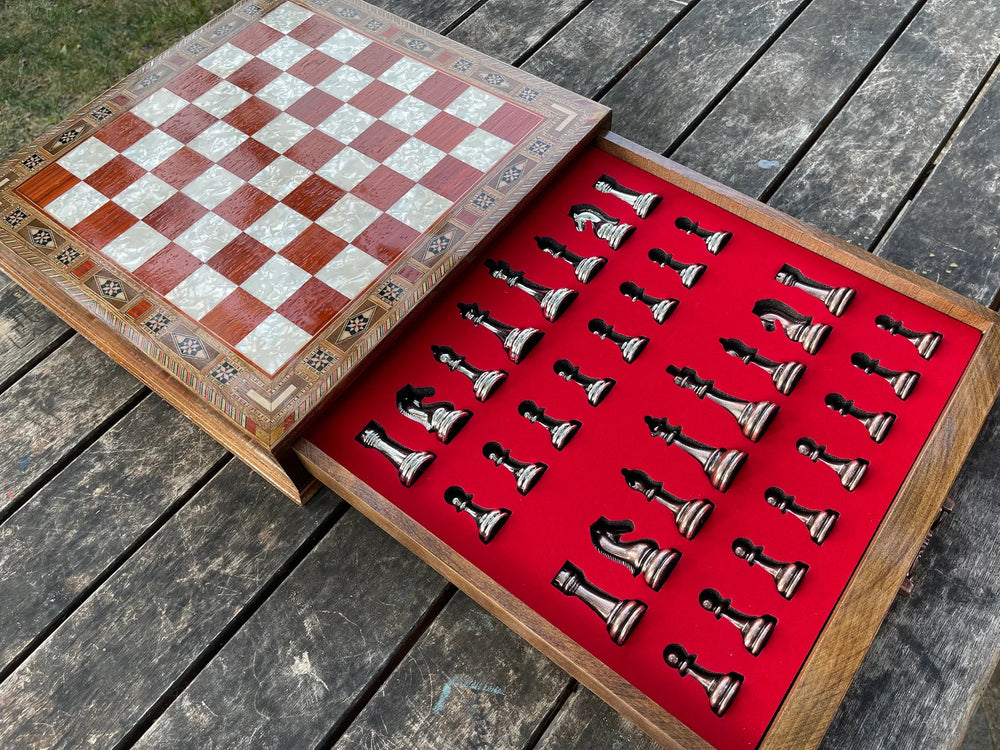
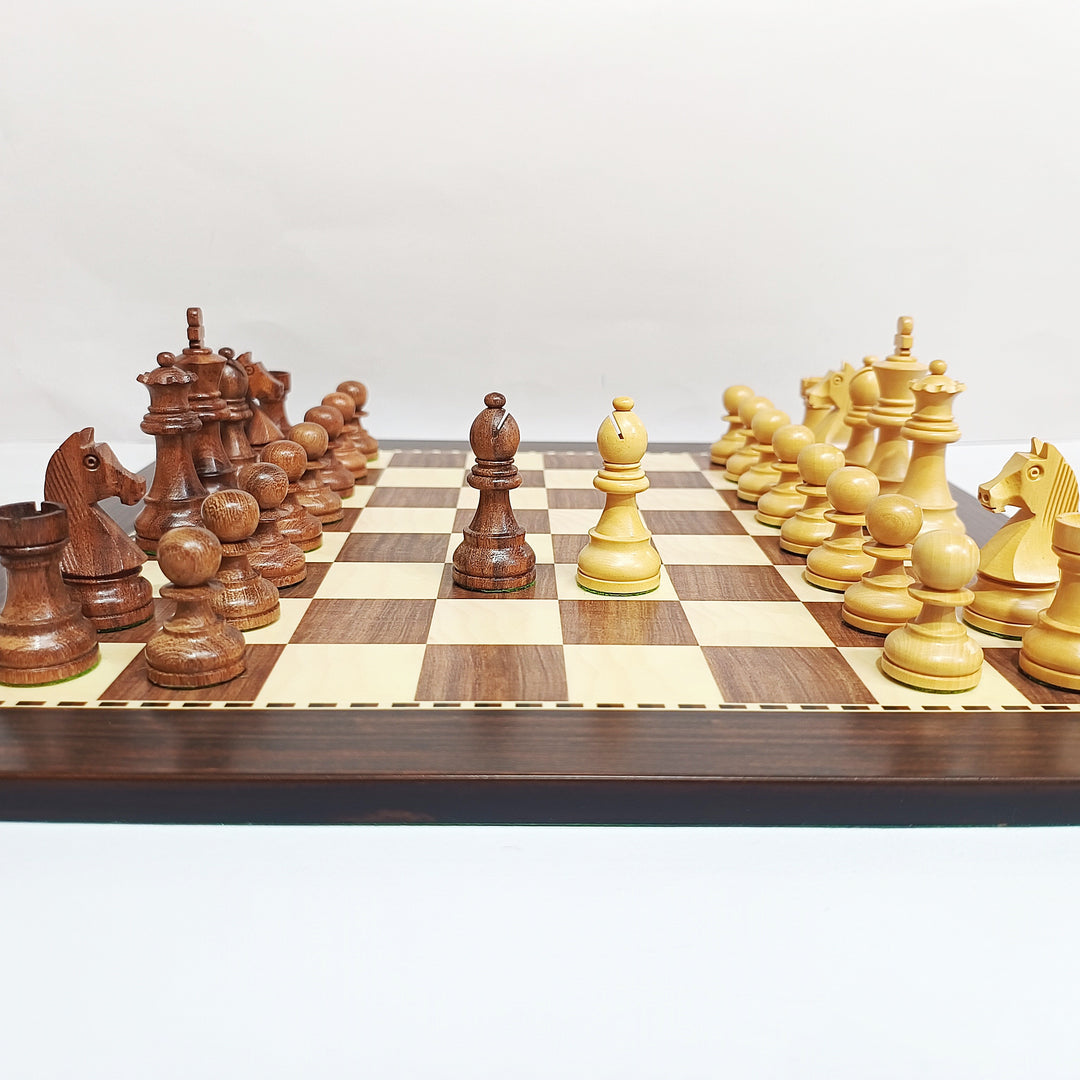
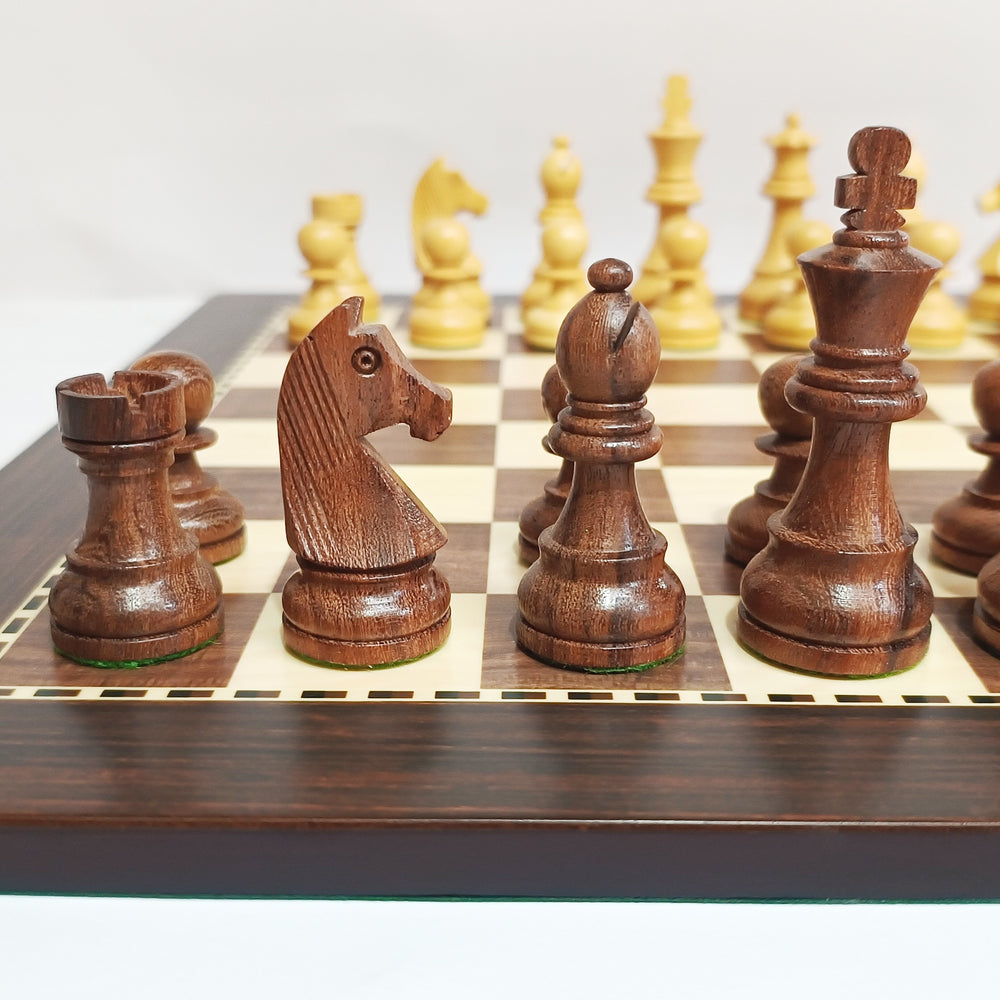
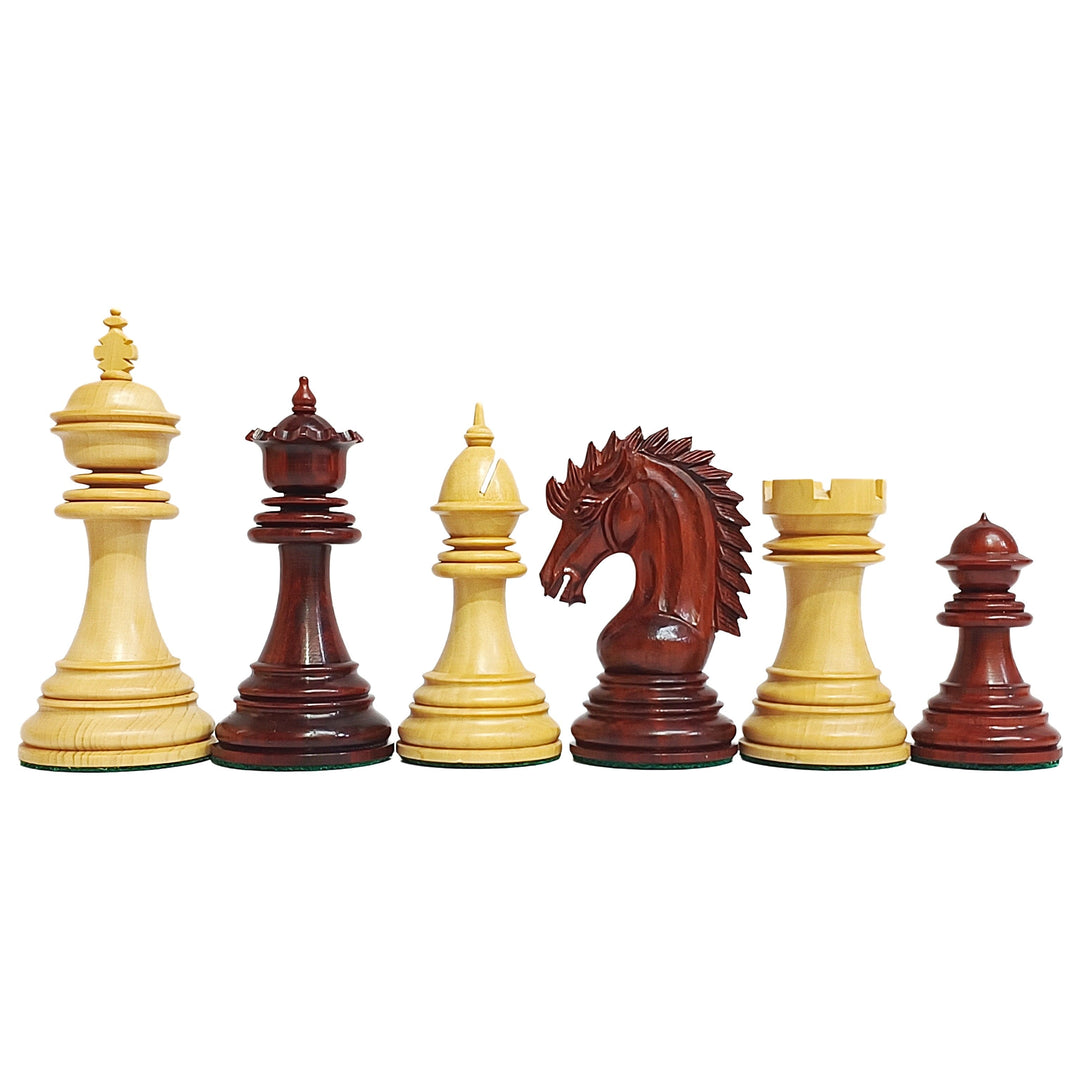
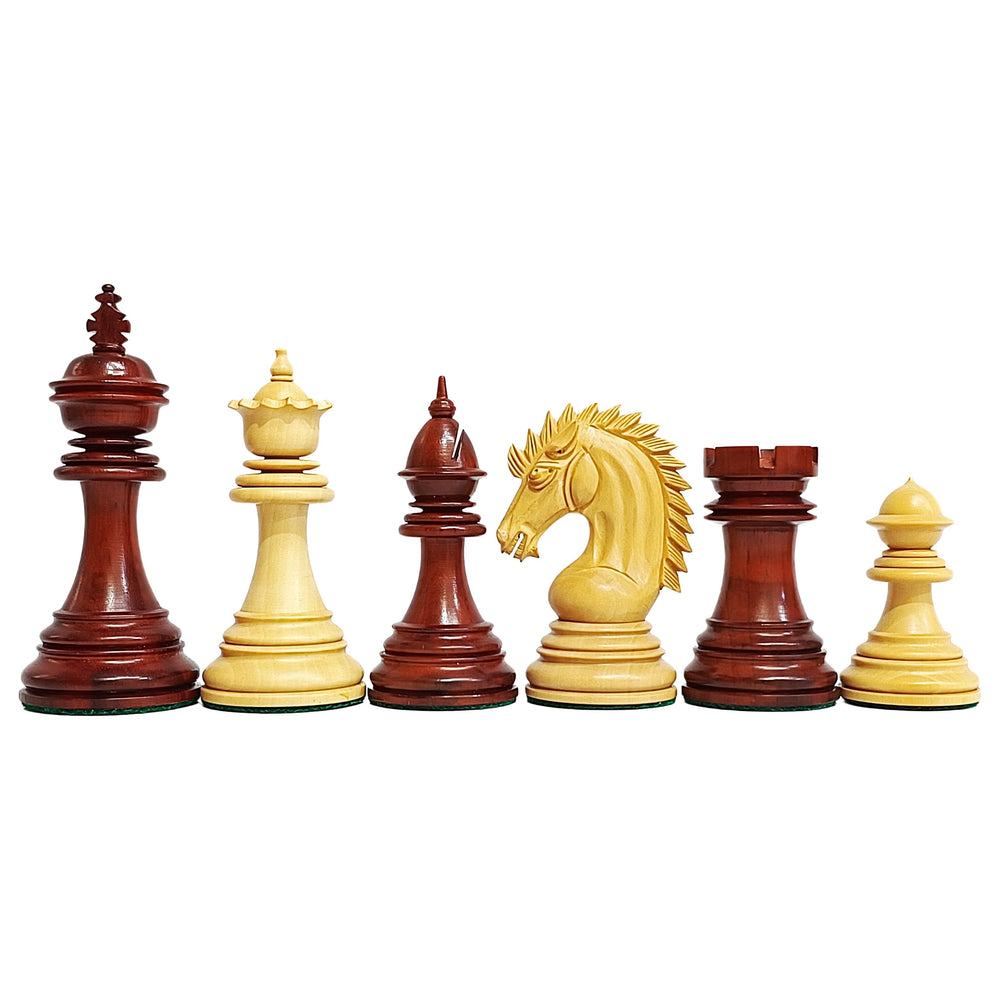


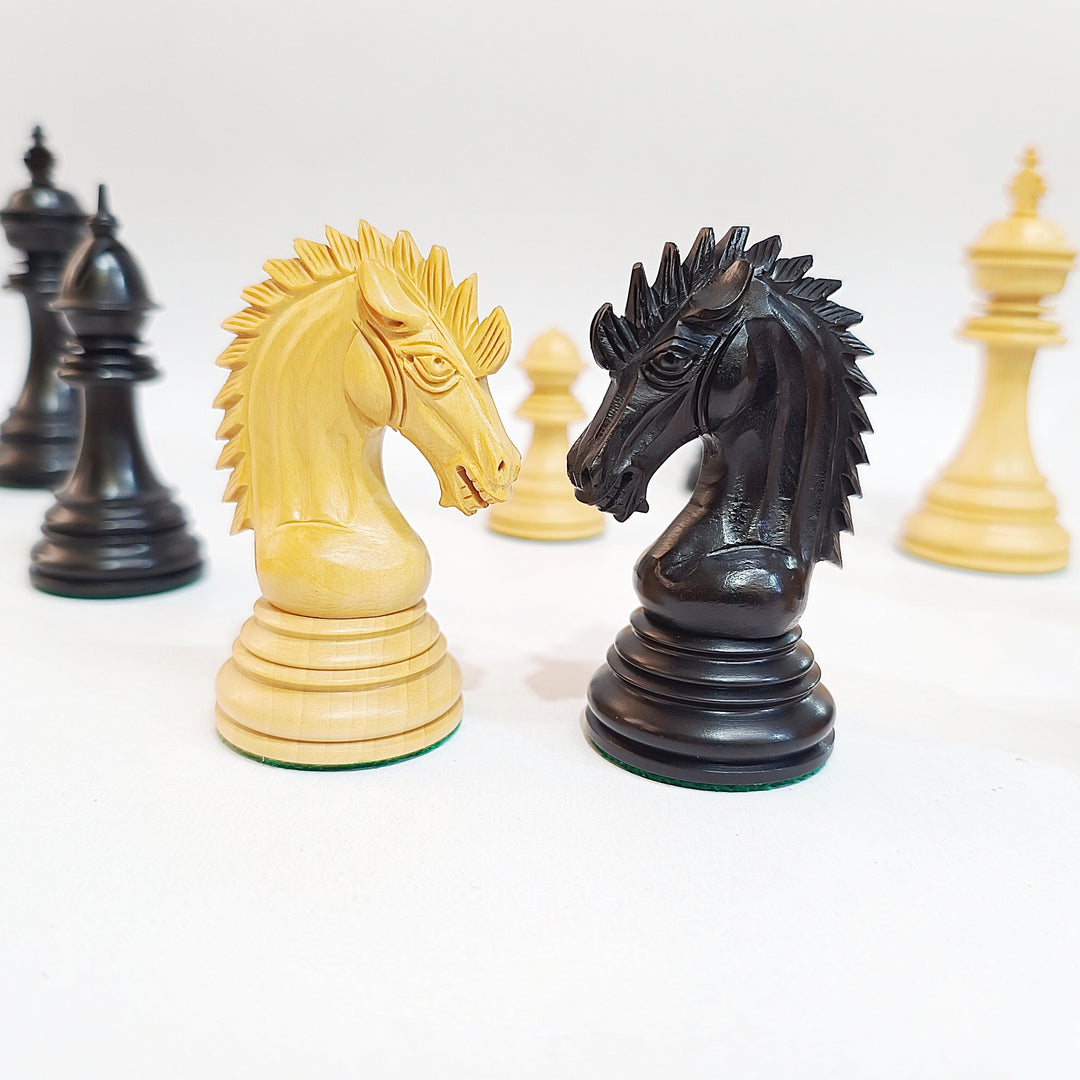
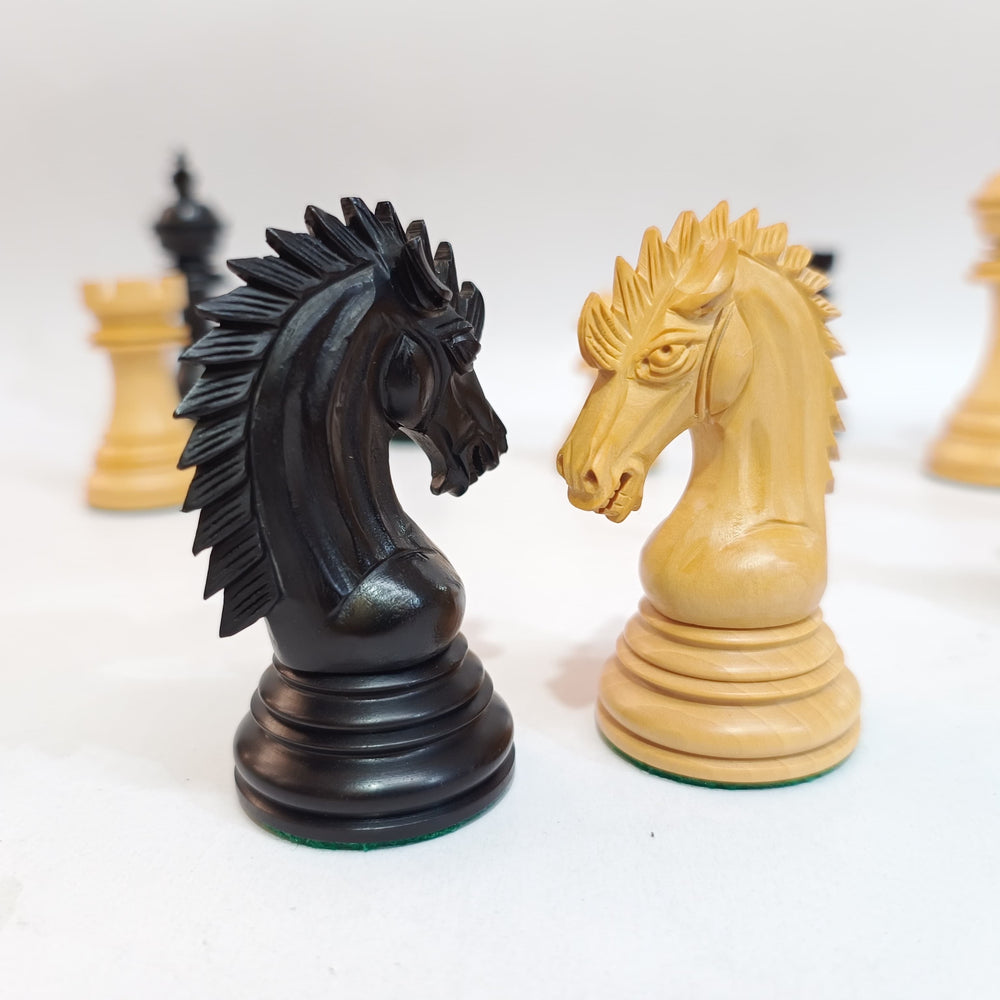
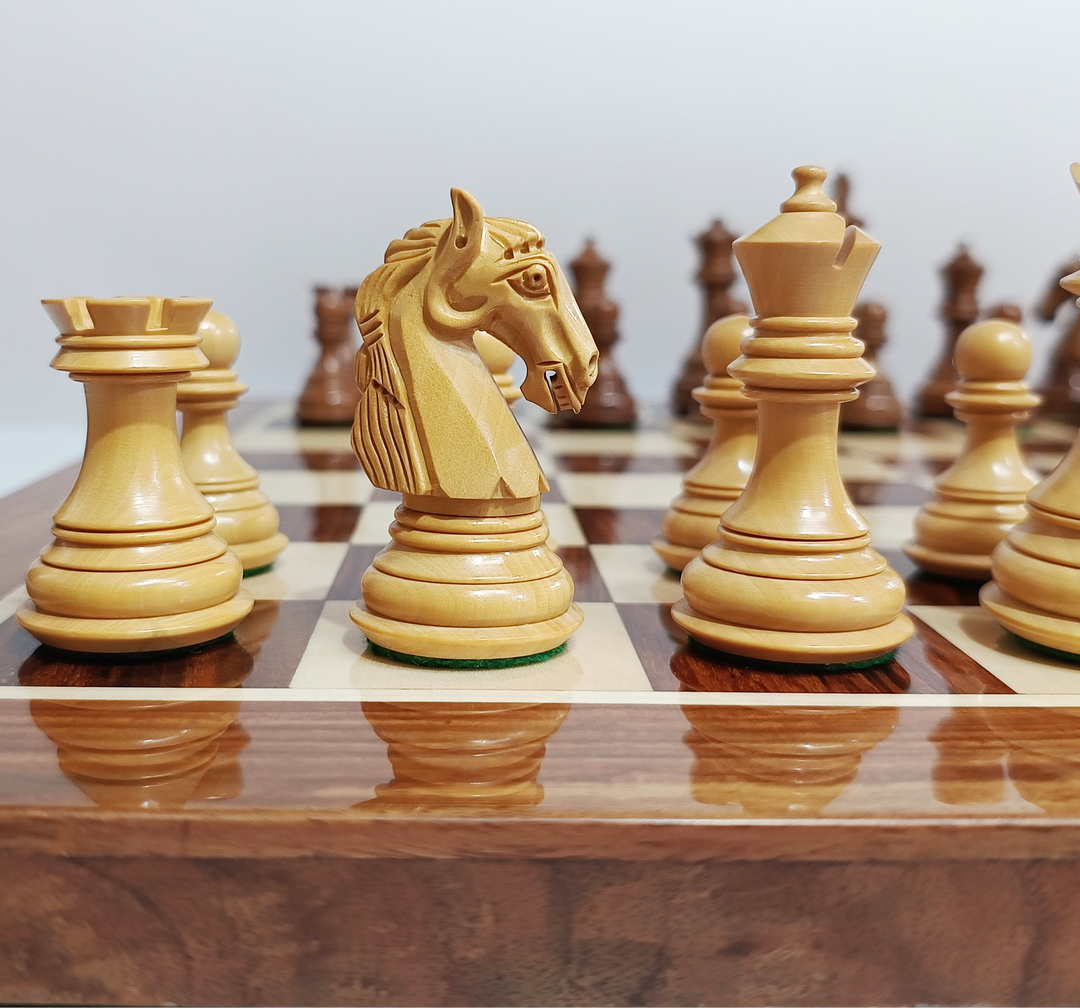
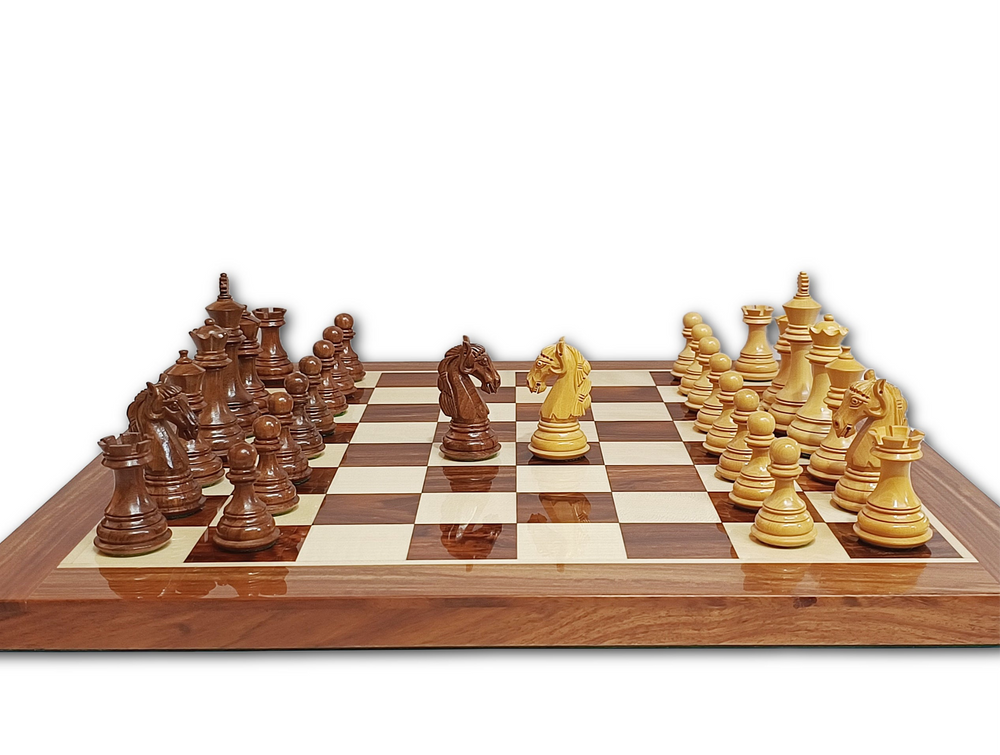
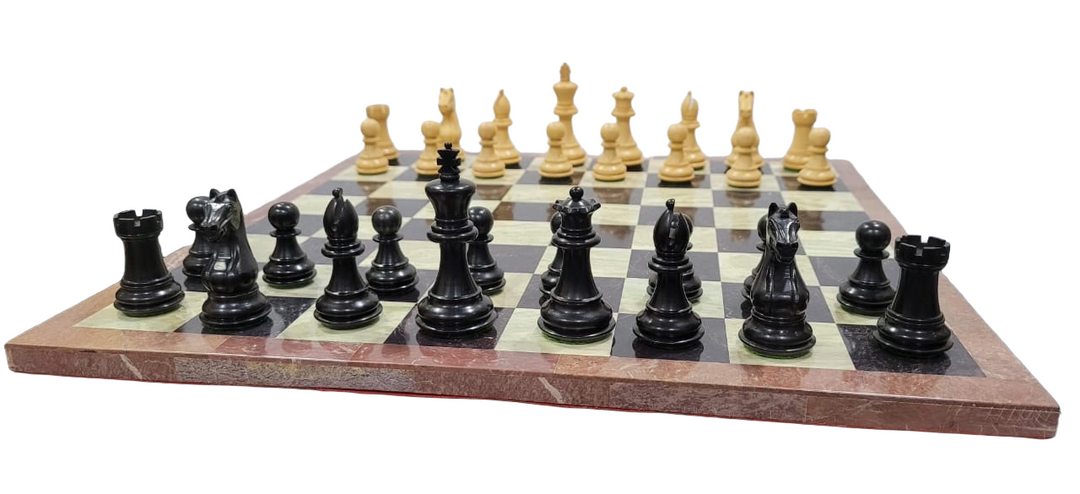
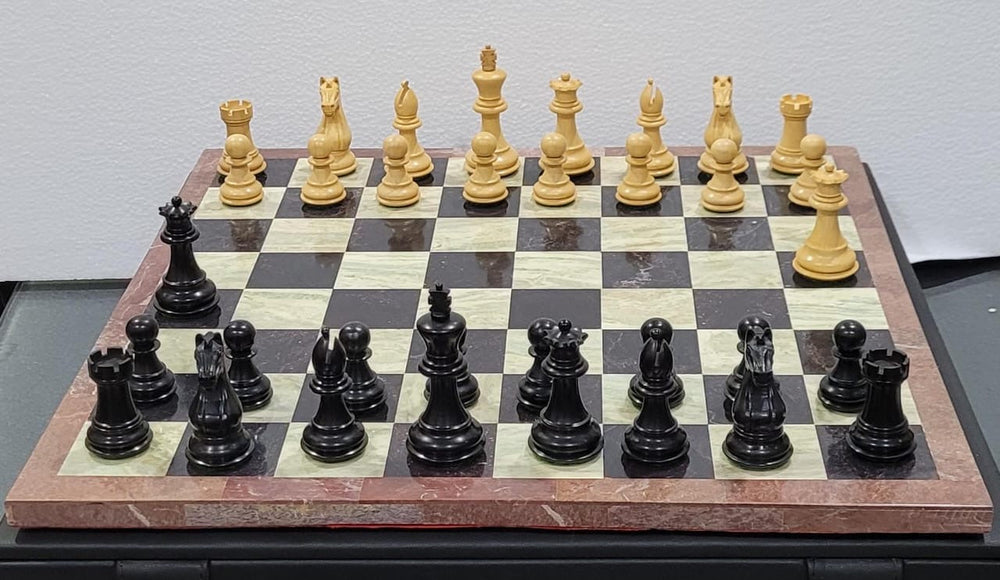
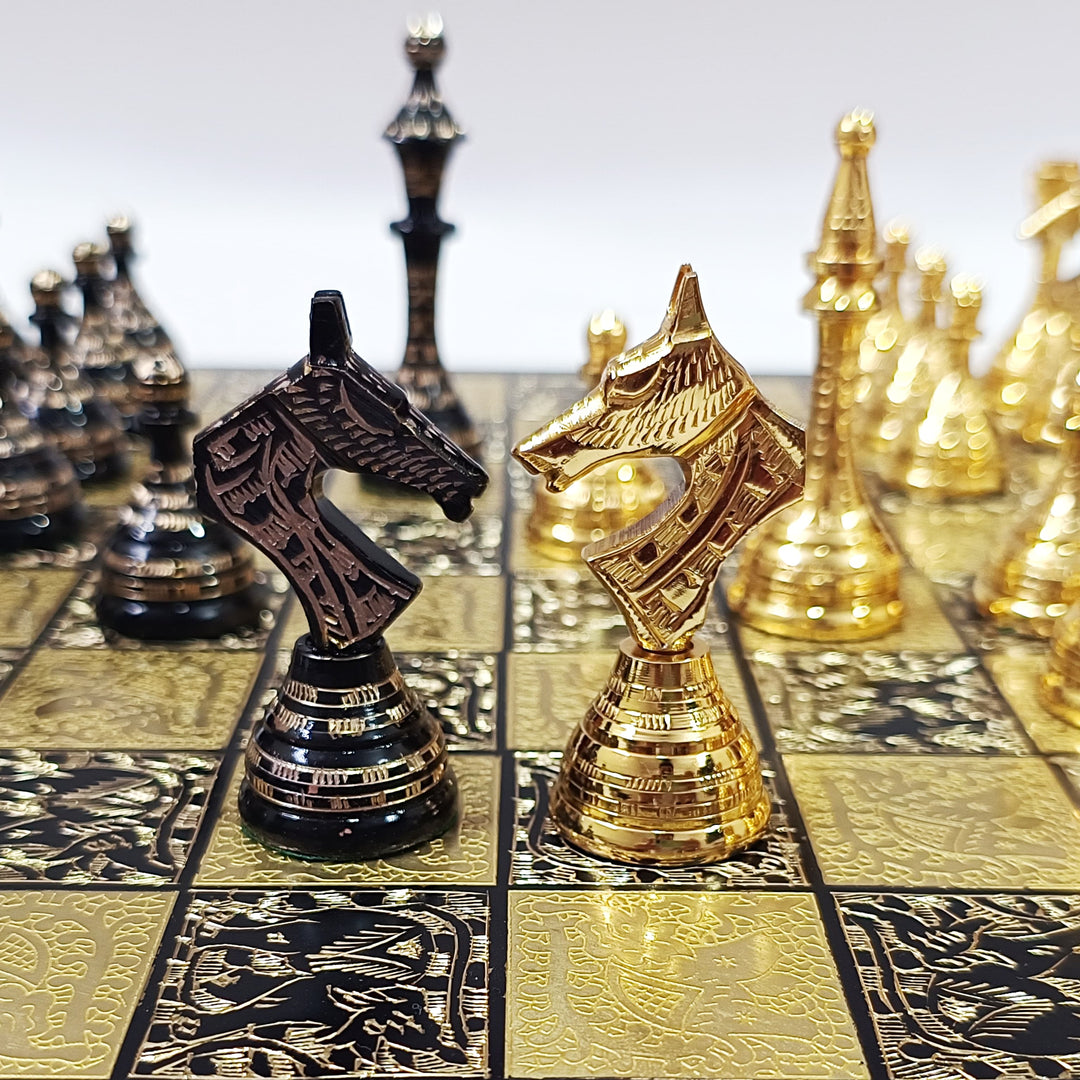
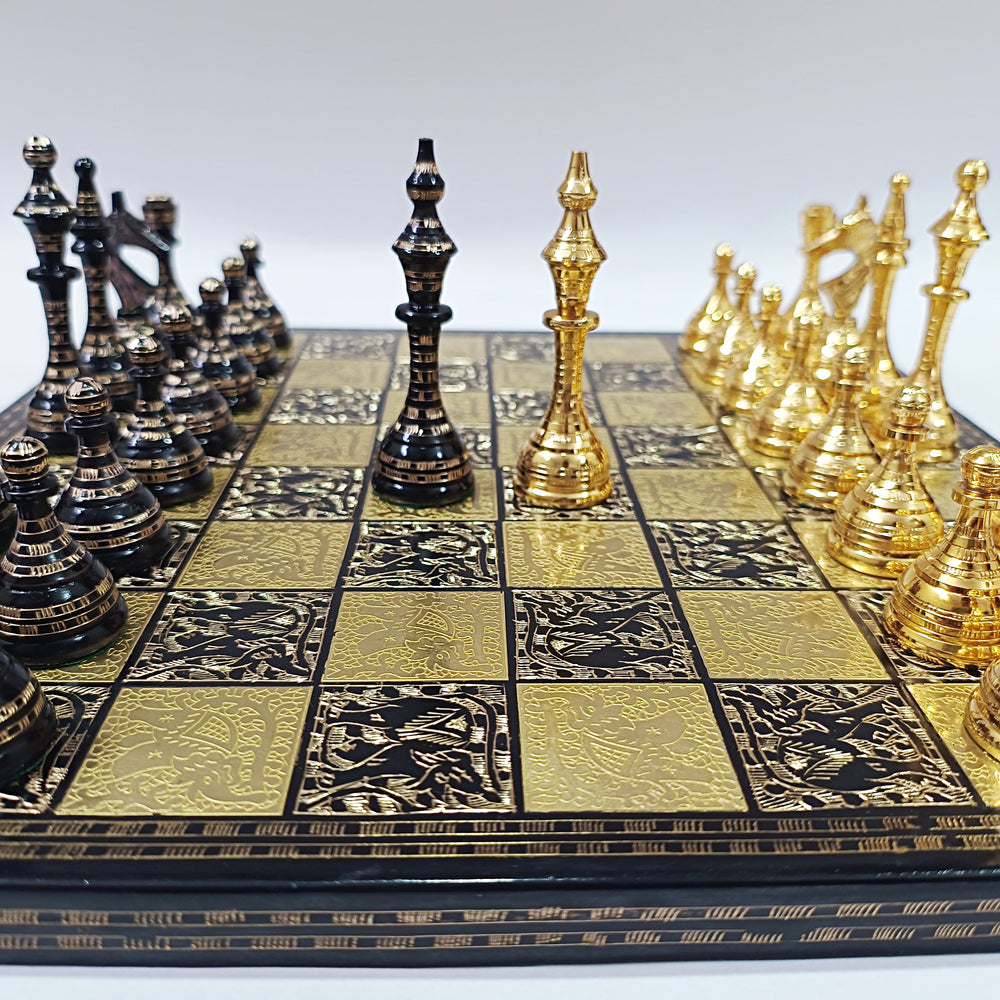
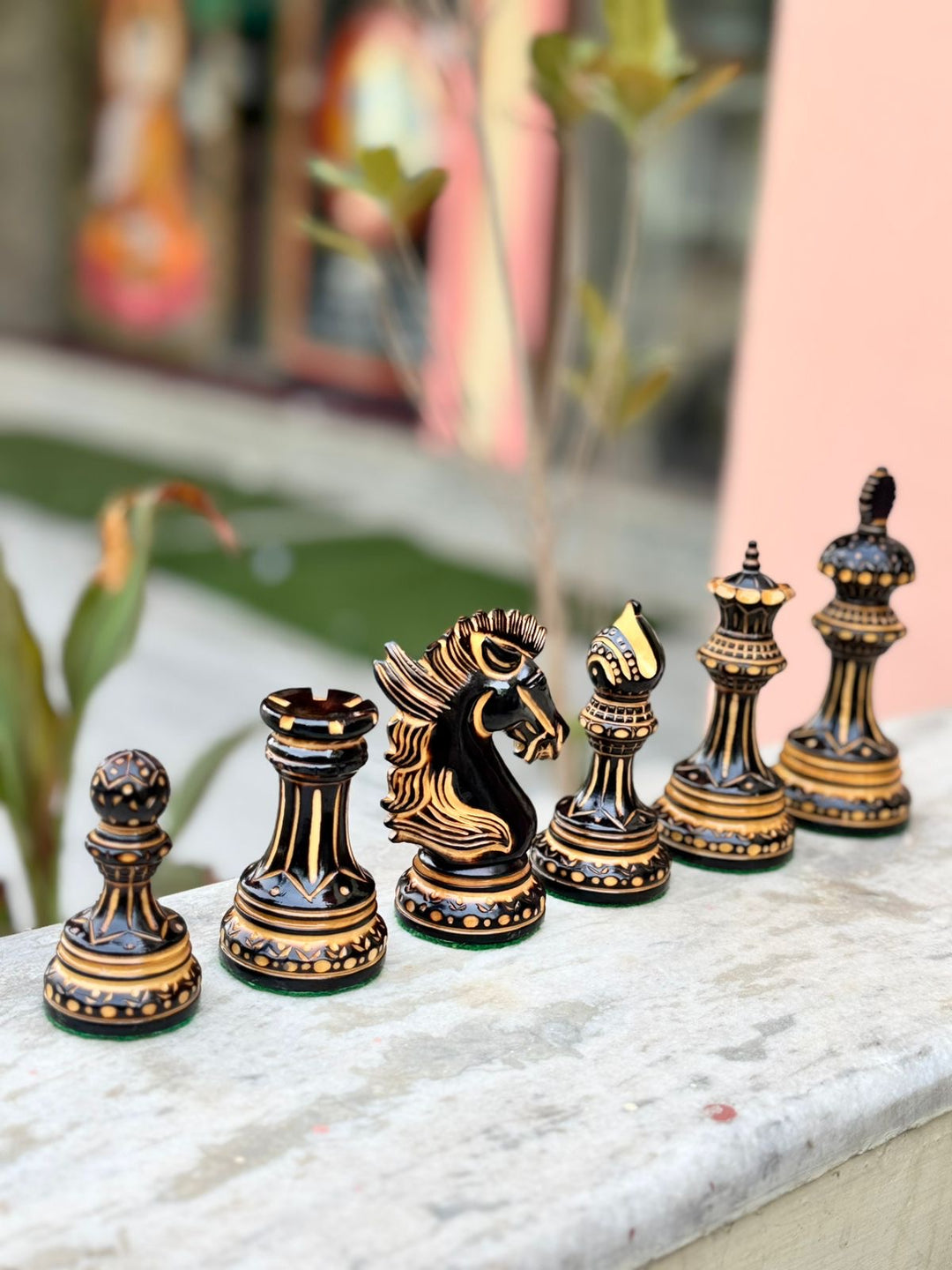
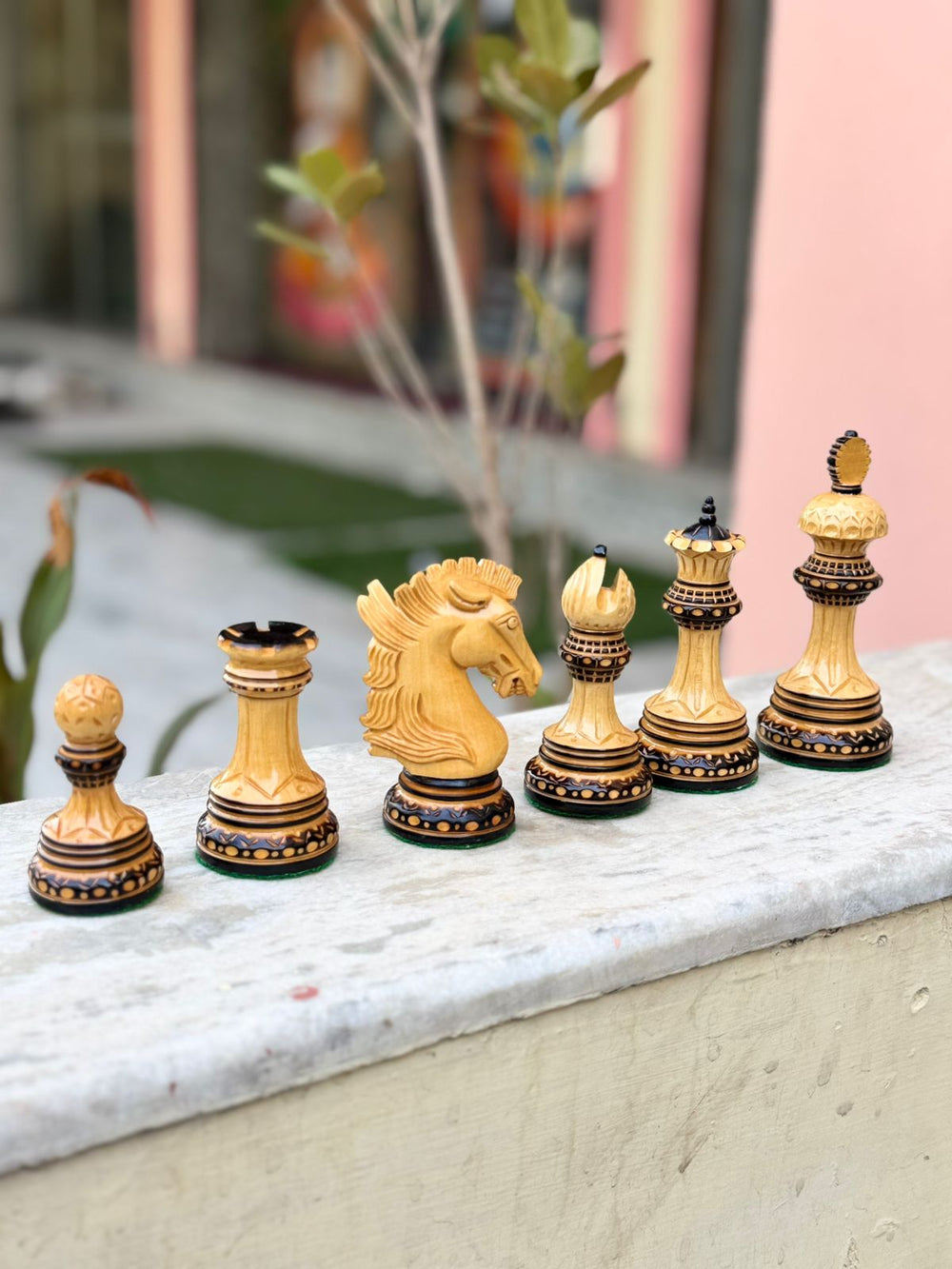
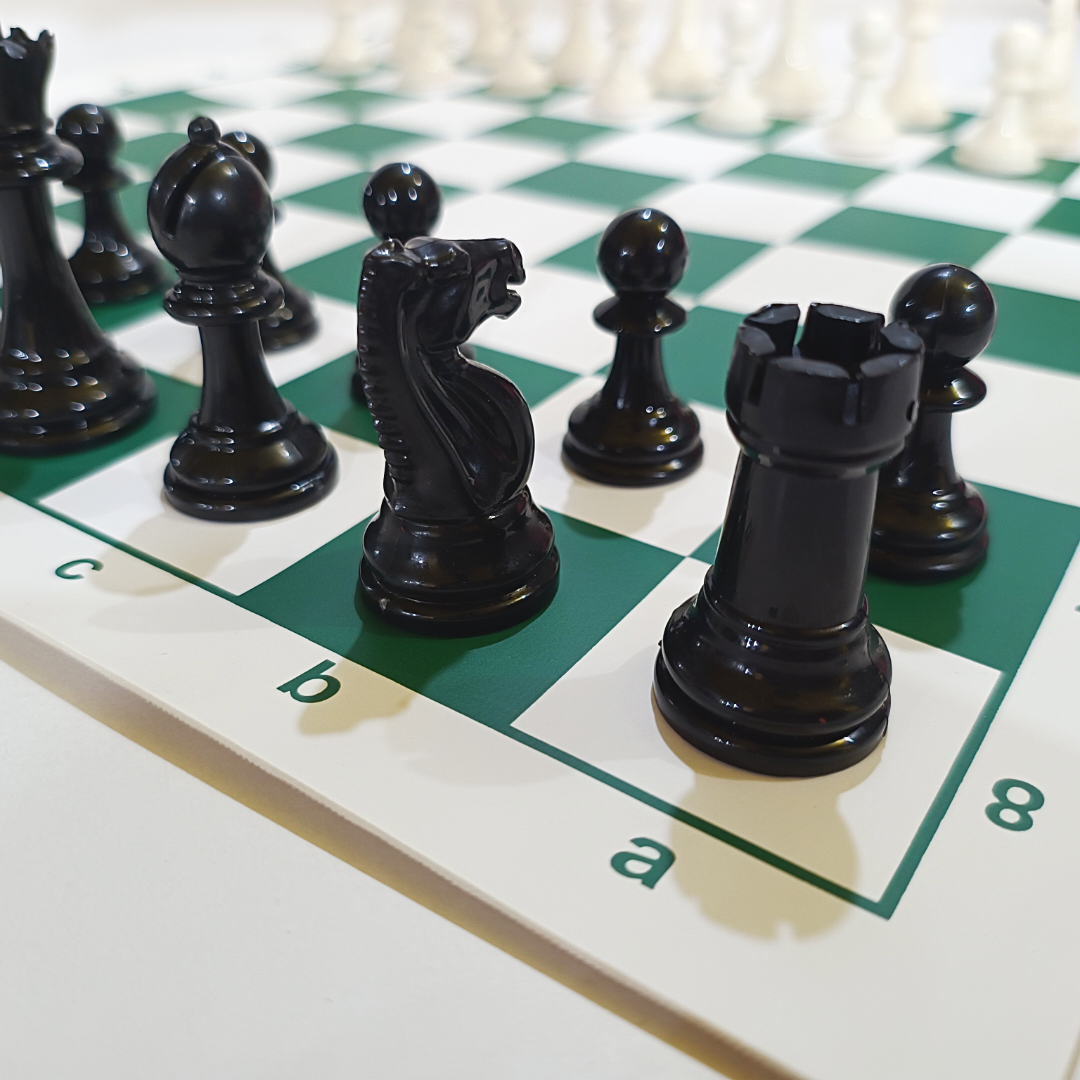
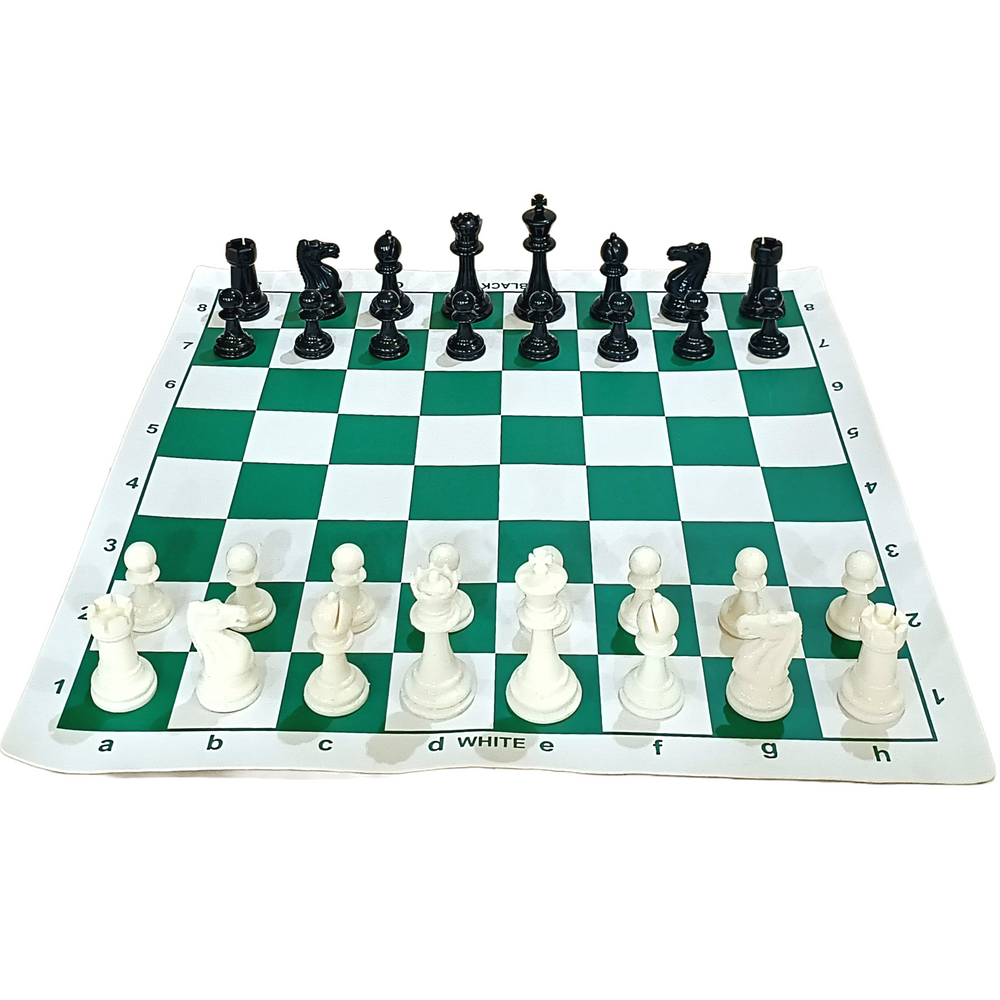


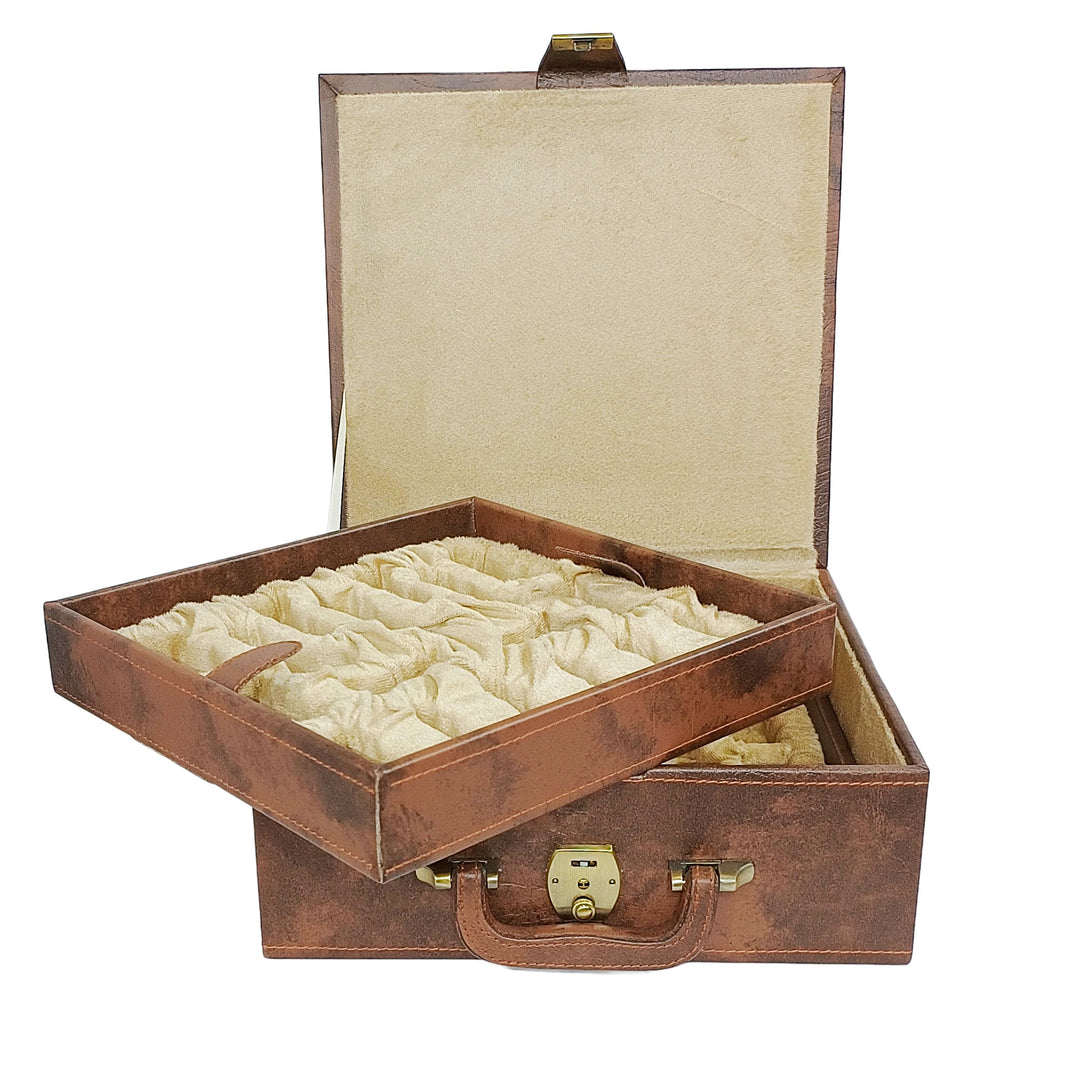

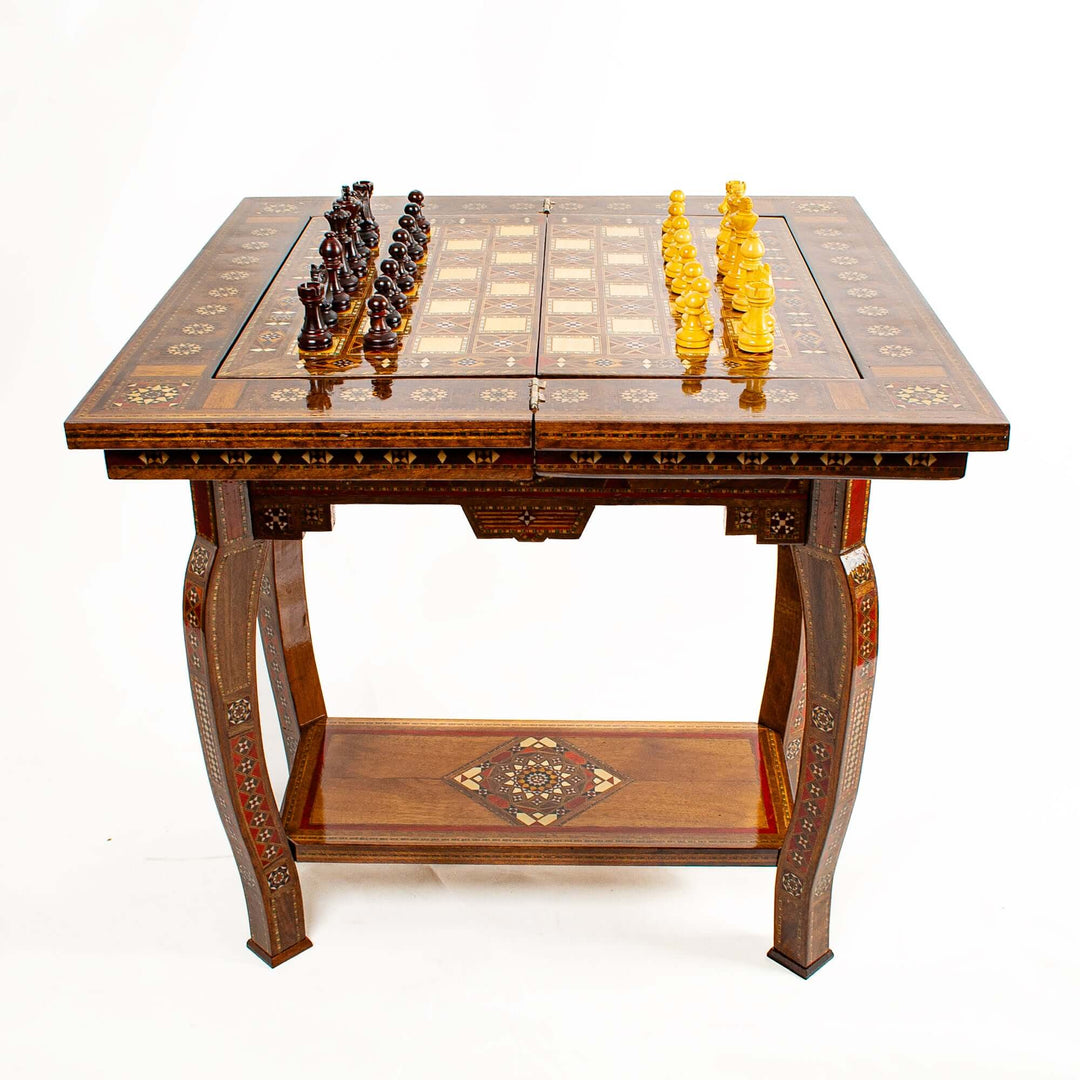
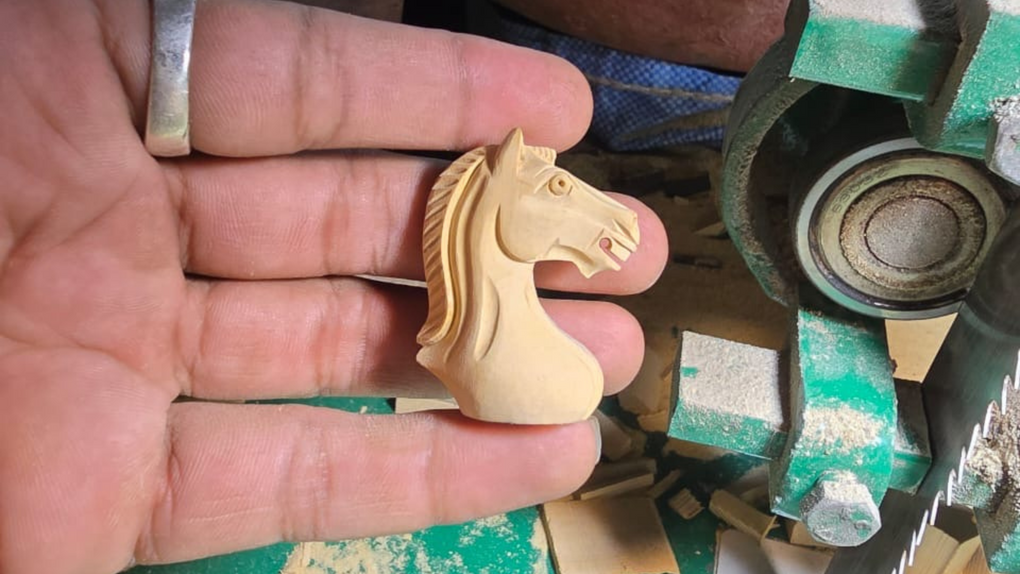
Leave a comment